Join us each month in song!
Since 2016—our designated Year of Song—CDSS has featured a traditional song each month. Lorraine Hammond spearheaded this effort, and it was such a popular feature that Judy Cook volunteered to continue the tradition in 2017 and beyond.
Note: Many of these old songs should be looked at as “fairy tales for adults” in that they often address very strong, and sometimes scary, subject matter. They allow us to deal with difficult situations and emotions with the distance afforded by putting it in a song. They are cautionary tales, and had their use as such.
This month’s song:
 April 2025: Goin’ ’Cross the Mountain
April 2025: Goin’ ’Cross the MountainSubmitted by Phil Cooper
“Goin’ ’Cross the Mountain” is a song about a Union soldier volunteer leaving his home to join the army. It shows youthful enthusiasm (before he’s going to be confronted with harsh reality).
“Goin’ ’Cross the Mountain” has been passed along from Frank Proffitt’s family. Listen to Pete Seeger’s version, from his Live in ’65 album:

Download the sheet music for “Goin’ ’Cross the Mountain” Lyrics
I’m goin’ across the mountain
Oh fare you well
Goin’ ’cross the mountain
You can hear my banjo tellGot my rations on my back
My powder it is dry
Goin’ across the mountain
Oh Chrissy don’t you cry.Goin’ across the mountain
To join the boys in blue
When this fightin’s over
I’ll come back to you.Goin’ across the mountains
If I have to crawl
To give old Jeff’s men
A little of my rifle ball’Spect you’ll miss me when I’m gone
But I’m goin’ through
When this fighting’s over
I’ll come back to youWay before it’s good daylight
If nothing happens to me
I’ll be way down yonder
In old TennesseePhil Cooper writes: I am a guitar playing singer of mainly traditional songs. I also like a lot of unusual contemporary songs written in the folk style (I like clever word usage, regardless of its origins). Since 2007, I have been performing with my spouse, Susan Urban, as the duo February Sky. Previously, I performed with Margaret Nelson and Kate Early.
Past Songs
 March 2025: Her Bright Smile Haunts Me Still
March 2025: Her Bright Smile Haunts Me Still February 2025: The Old Figurehead Carver
February 2025: The Old Figurehead Carver January 2025: The Unquiet Grave
January 2025: The Unquiet Grave December 2024: Bring the New Year In
December 2024: Bring the New Year In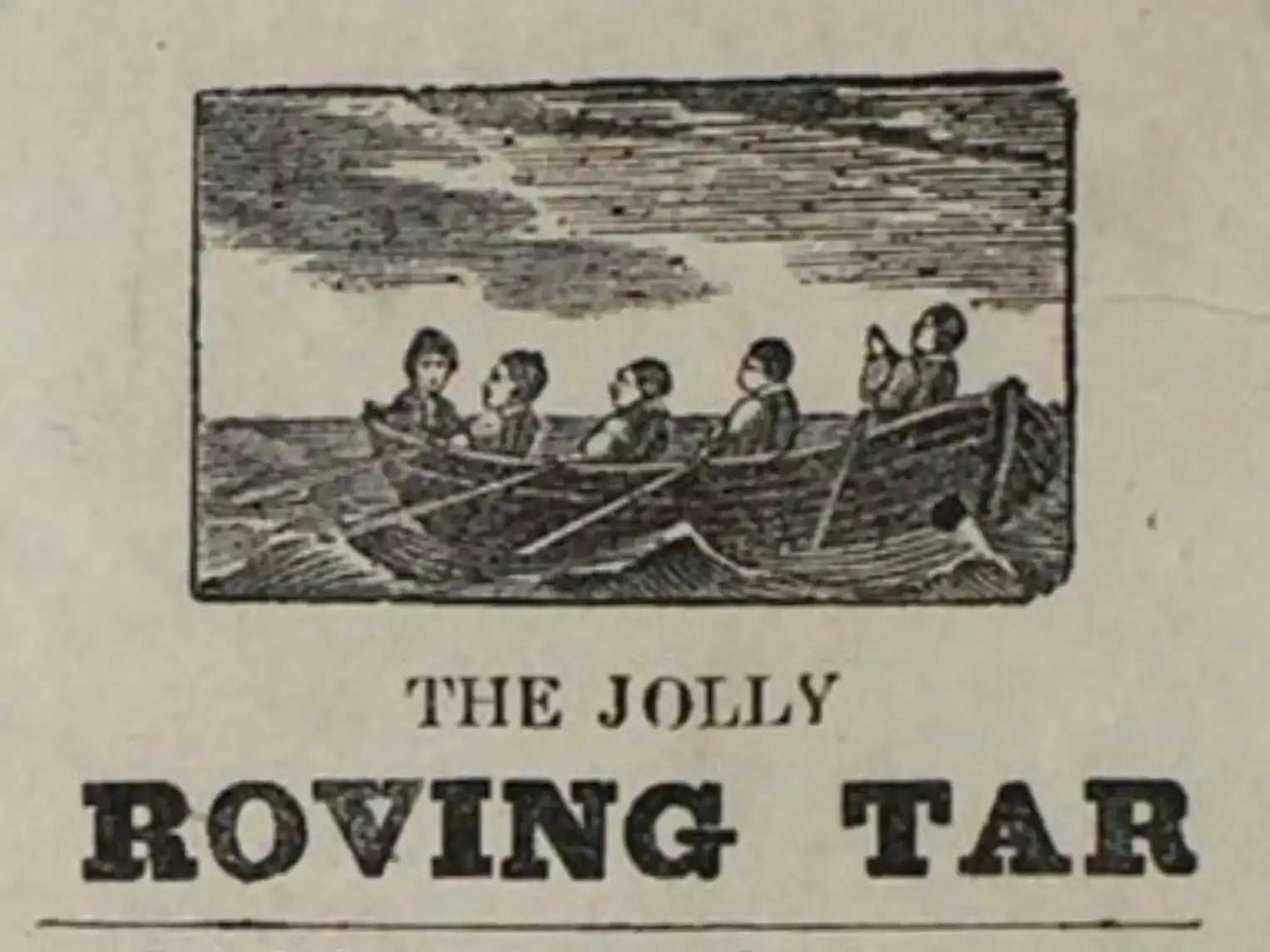 November 2024: Jolly Roving Tar
November 2024: Jolly Roving Tar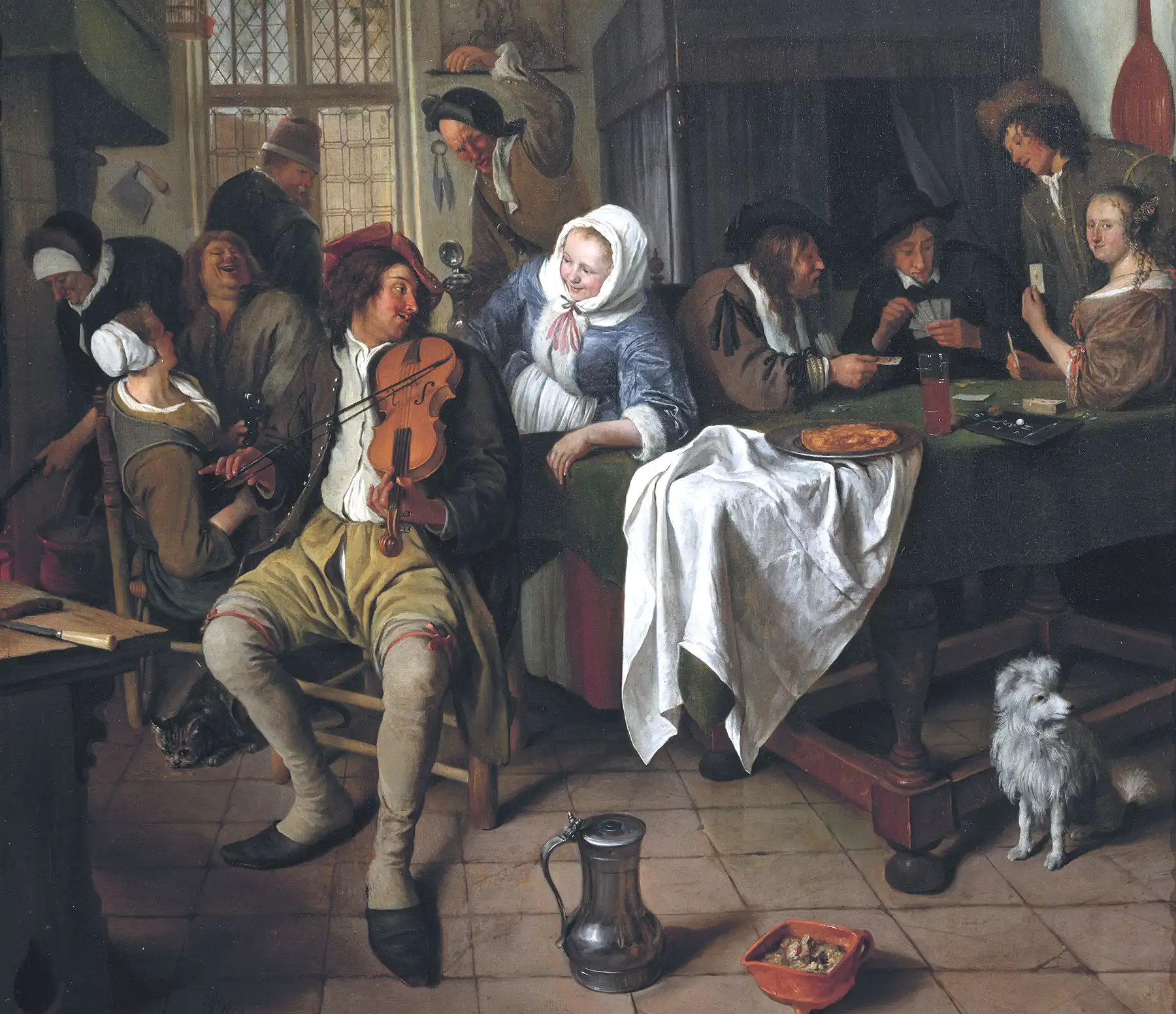 October 2024: There Is a Tavern
October 2024: There Is a Tavern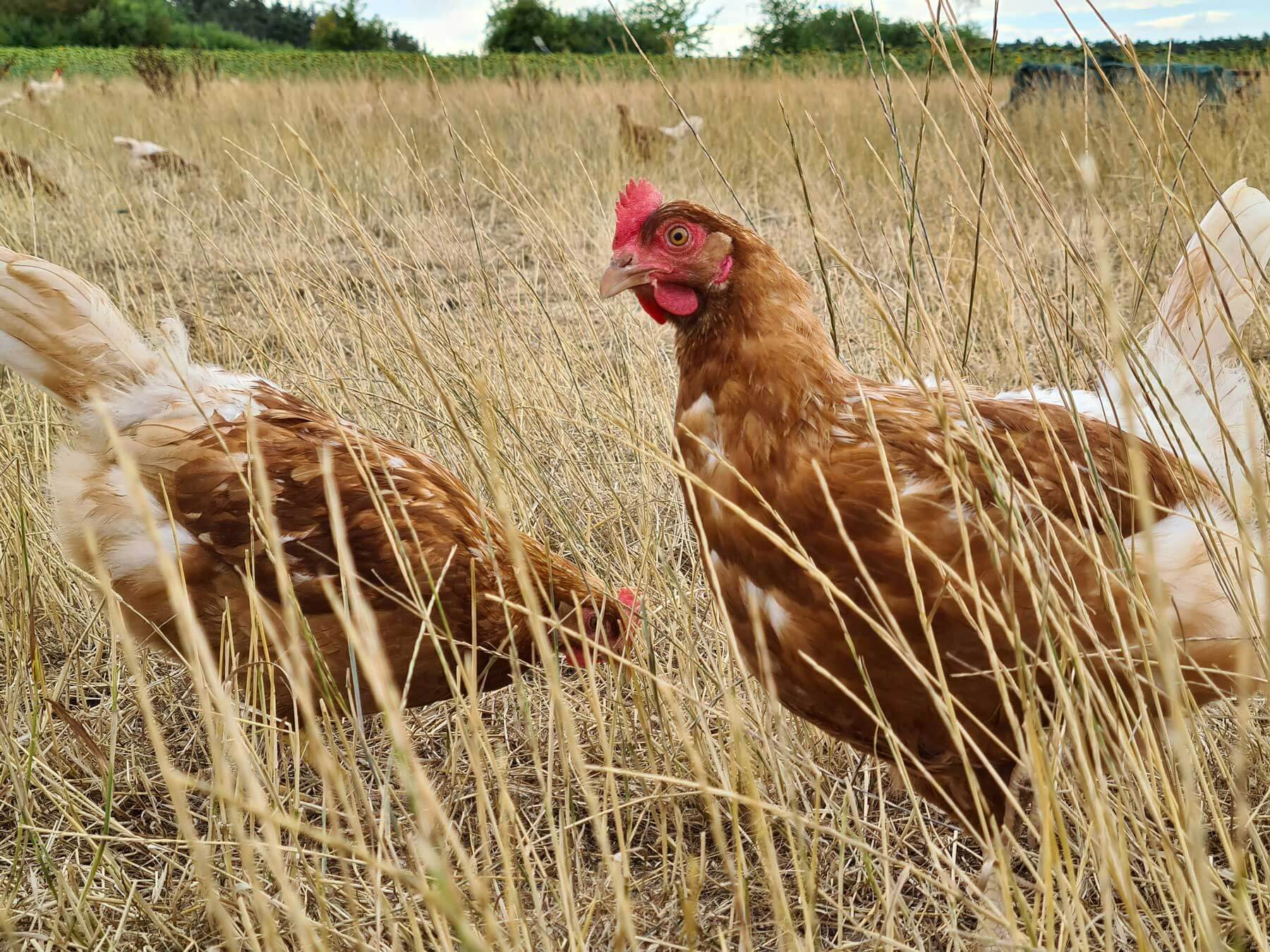 September 2024: Waterbound
September 2024: Waterbound August 2024: The Cuckoo
August 2024: The Cuckoo July 2024: Matty Groves
July 2024: Matty Groves June 2024: Tree of Life
June 2024: Tree of Life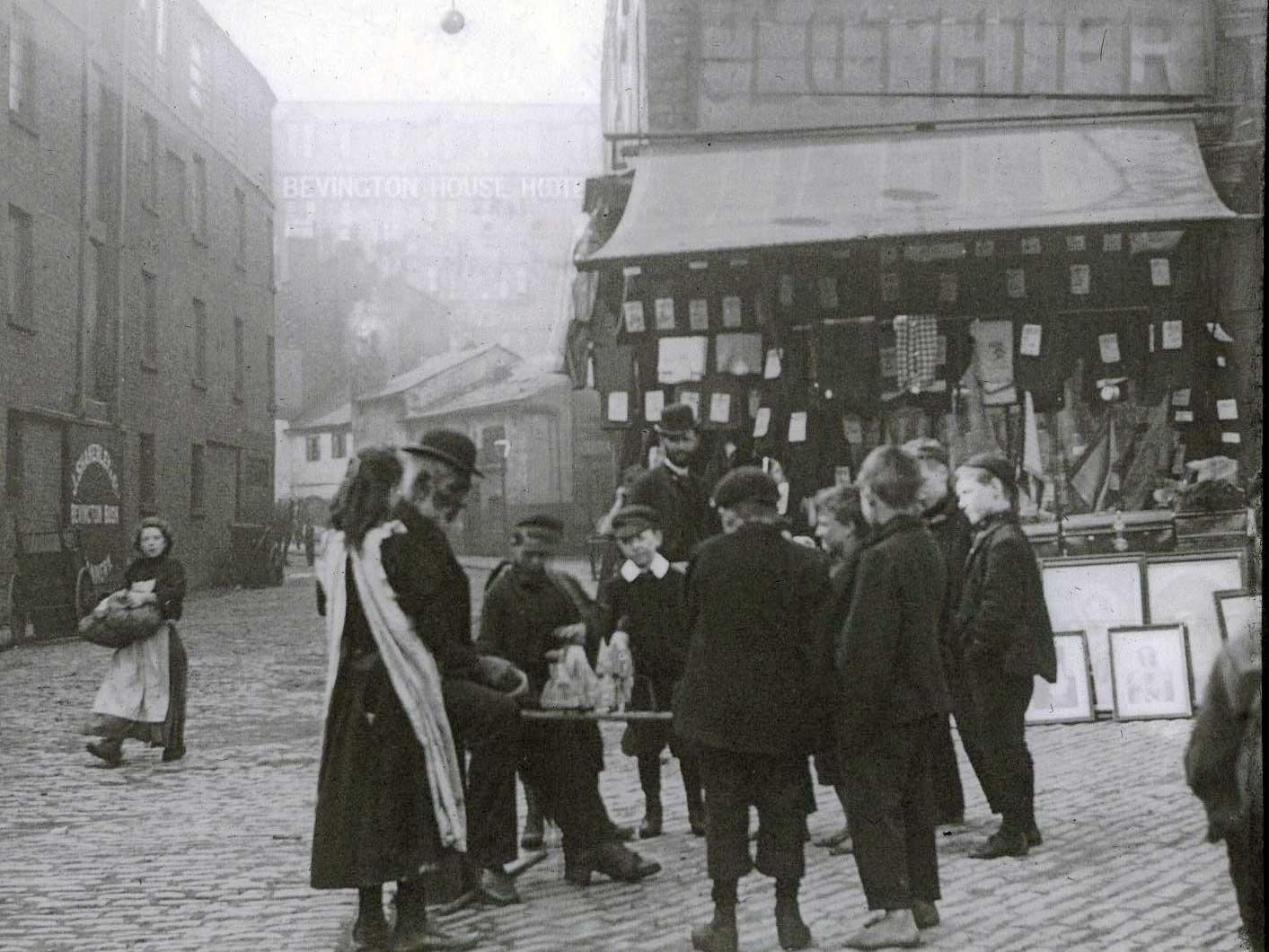 May 2024: Seth Davy
May 2024: Seth Davy April 2024: Cobweb of Dreams
April 2024: Cobweb of Dreams
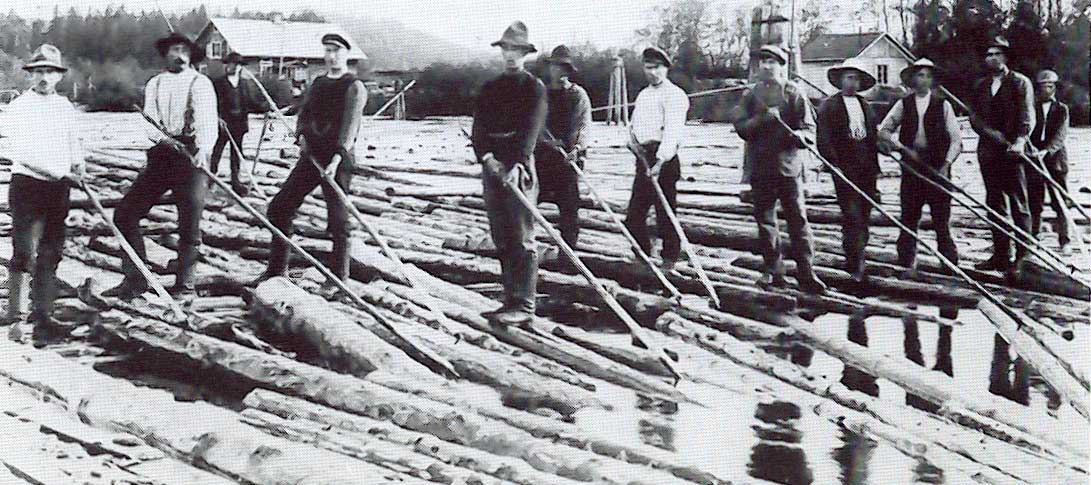 March 2024: The Badger Drive
March 2024: The Badger Drive February 2024: I Wonder When I Shall Be Married
February 2024: I Wonder When I Shall Be Married January 2024: The Hills of Tandragee
January 2024: The Hills of Tandragee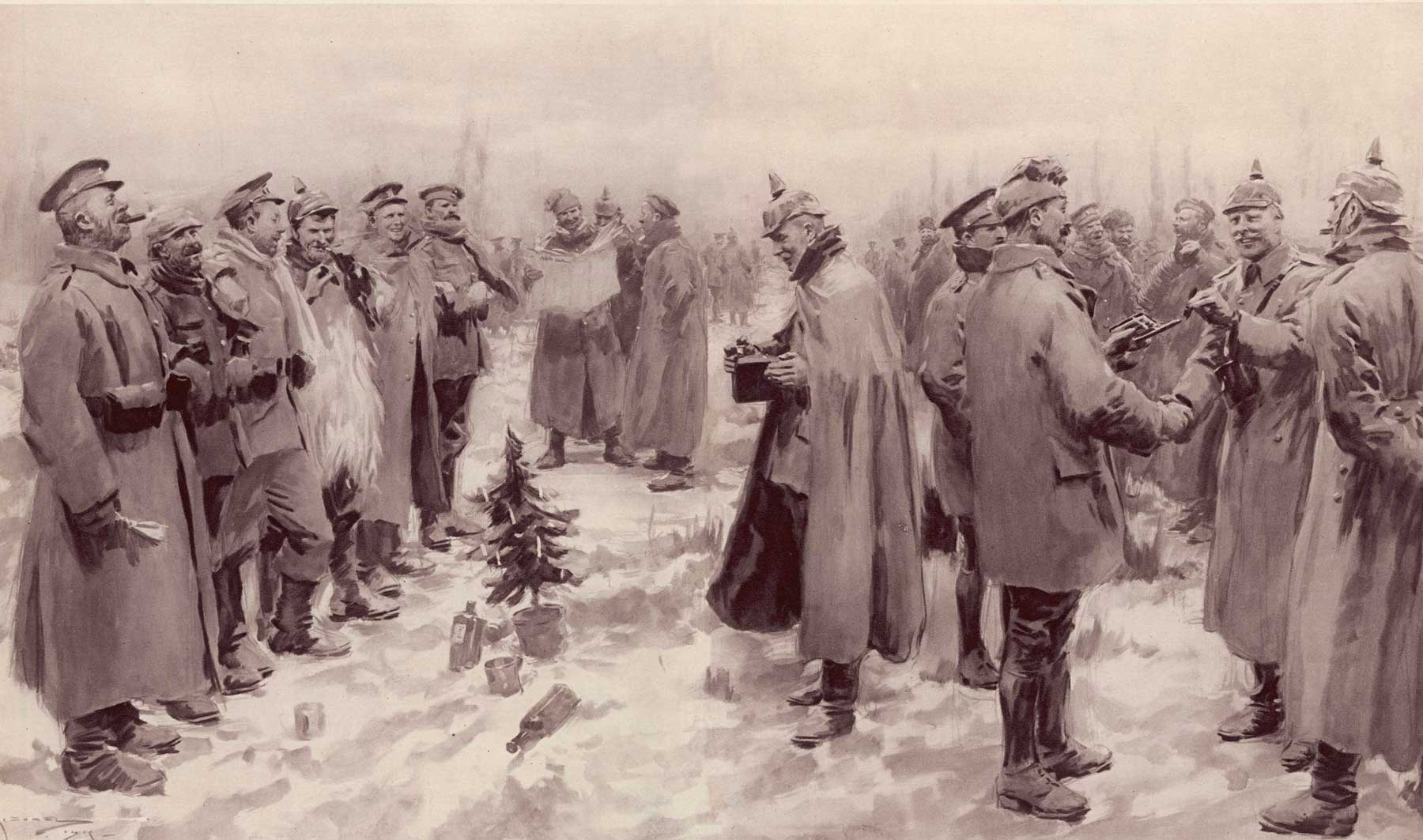 December 2023: Christmas in the Trenches
December 2023: Christmas in the Trenches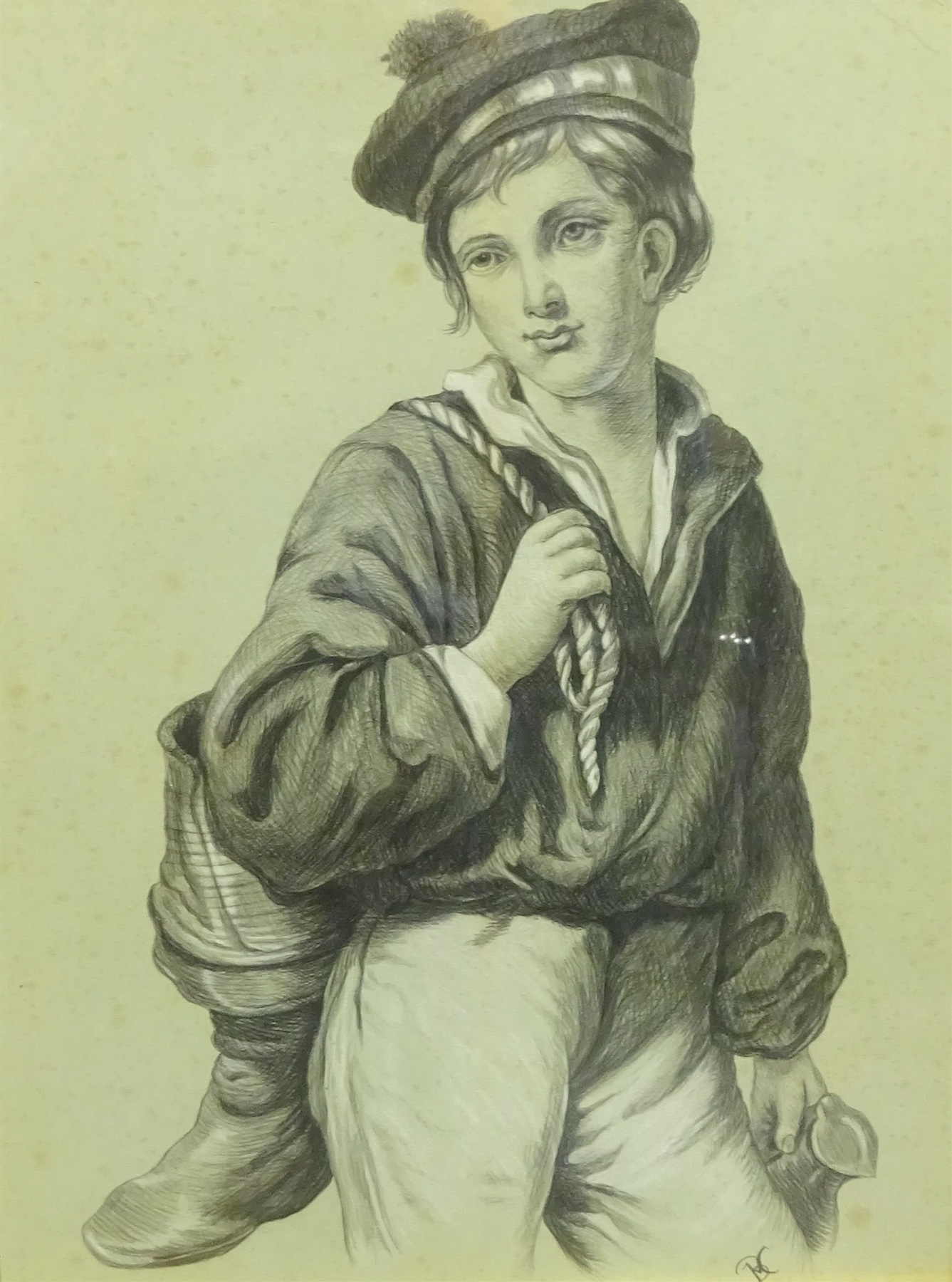 November 2023: The Handsome Cabin Boy
November 2023: The Handsome Cabin Boy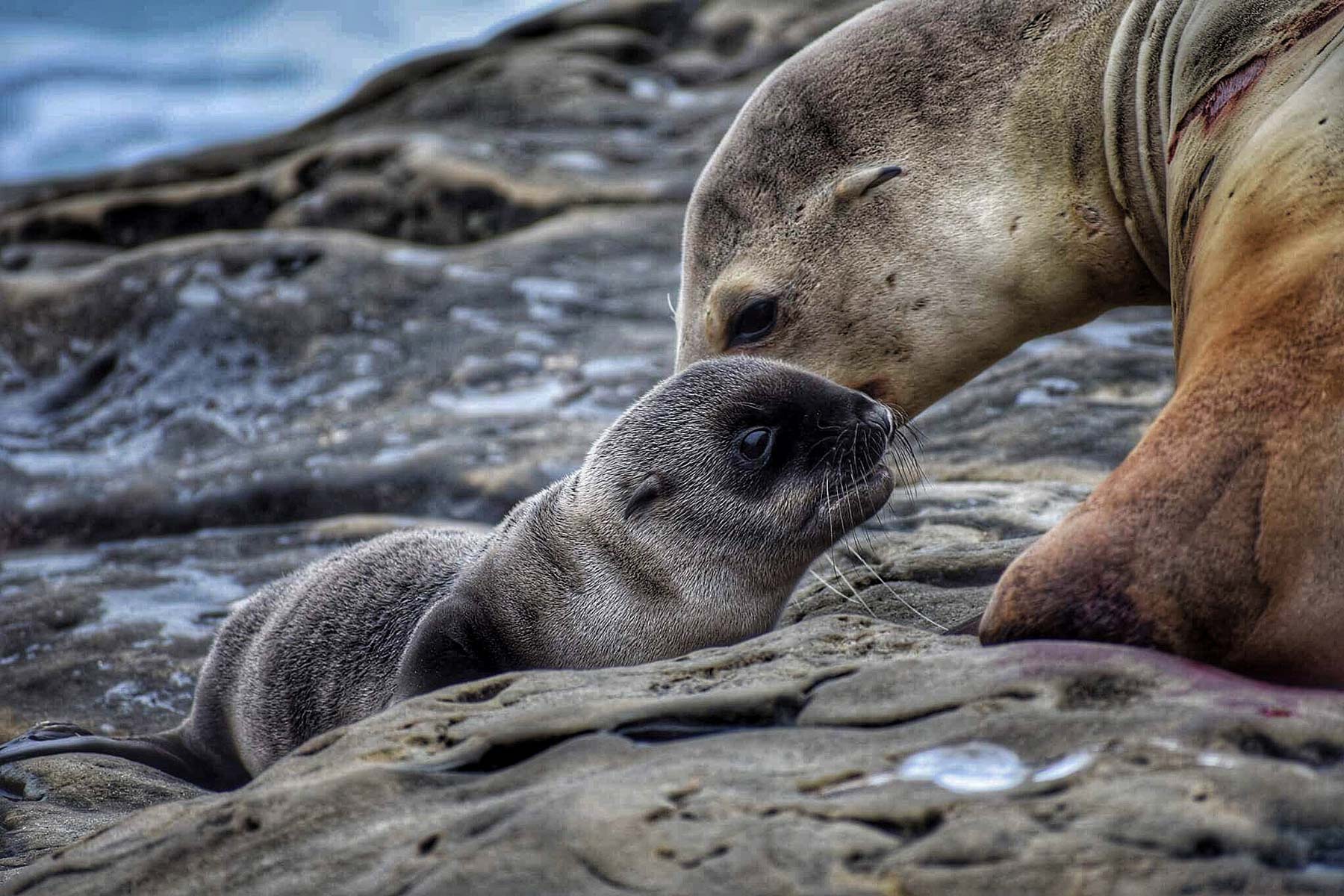 October 2023: Seal Lullaby
October 2023: Seal Lullaby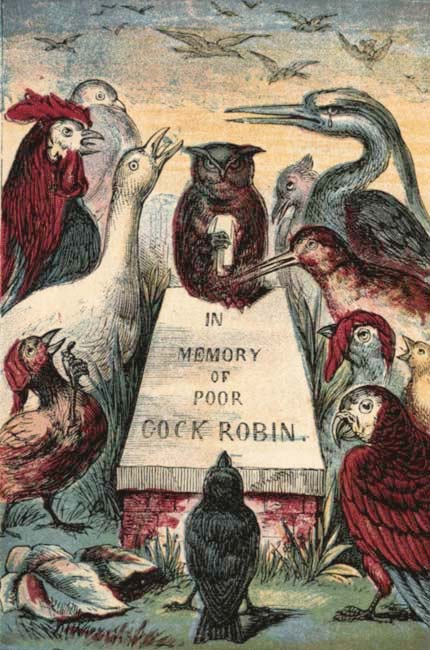 September 2023: Cock Robin
September 2023: Cock Robin August 2023: Dives and Lazarus
August 2023: Dives and Lazarus July 2023: How to Make Love
July 2023: How to Make Love June 2023: The Lazy Farmer
June 2023: The Lazy Farmer May 2023: We’re All Jolly Fellows that Follow the Plough
May 2023: We’re All Jolly Fellows that Follow the Plough April 2023: Reynardine
April 2023: Reynardine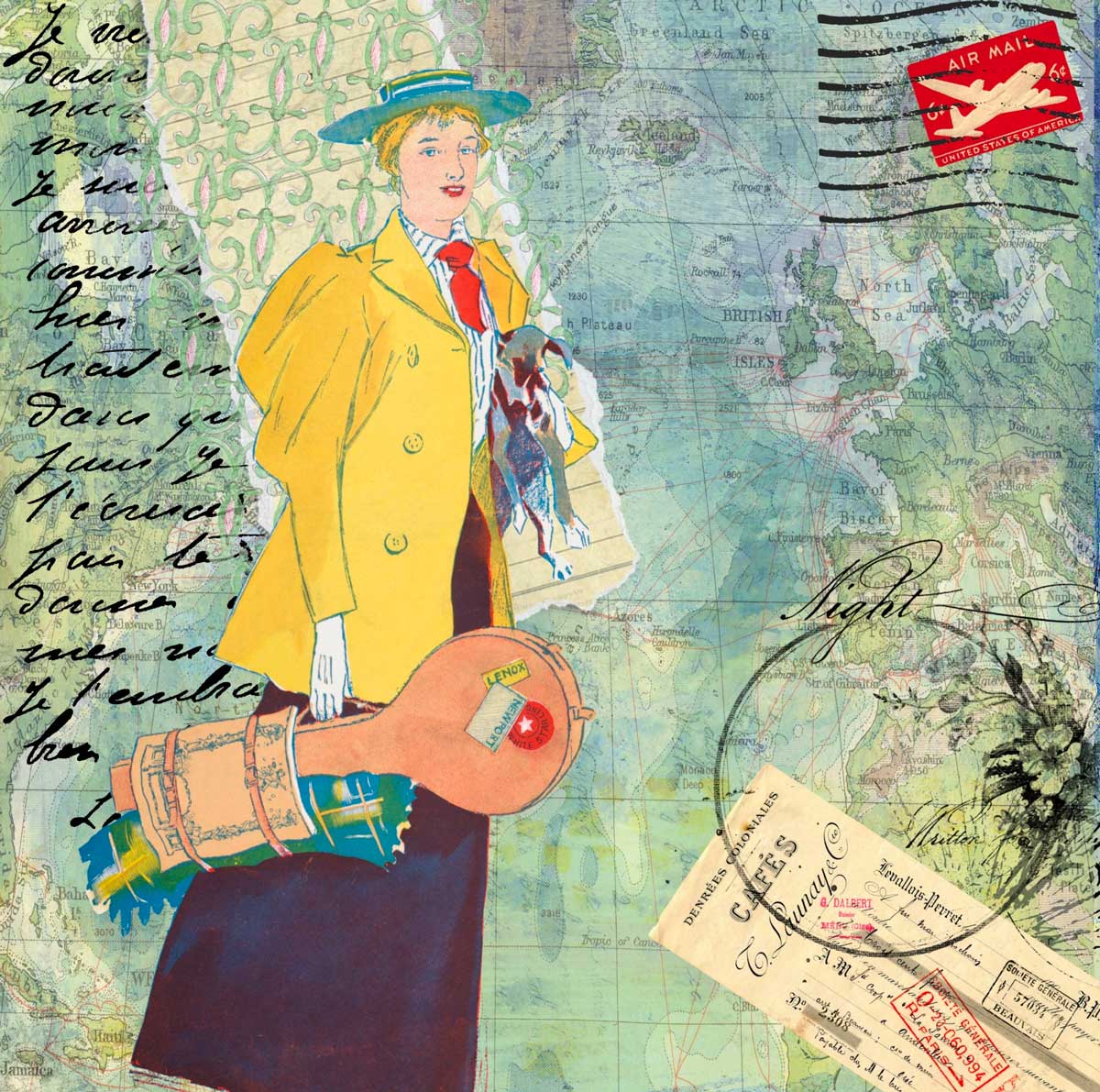 March 2023: Free and Easy to Ramble Along
March 2023: Free and Easy to Ramble Along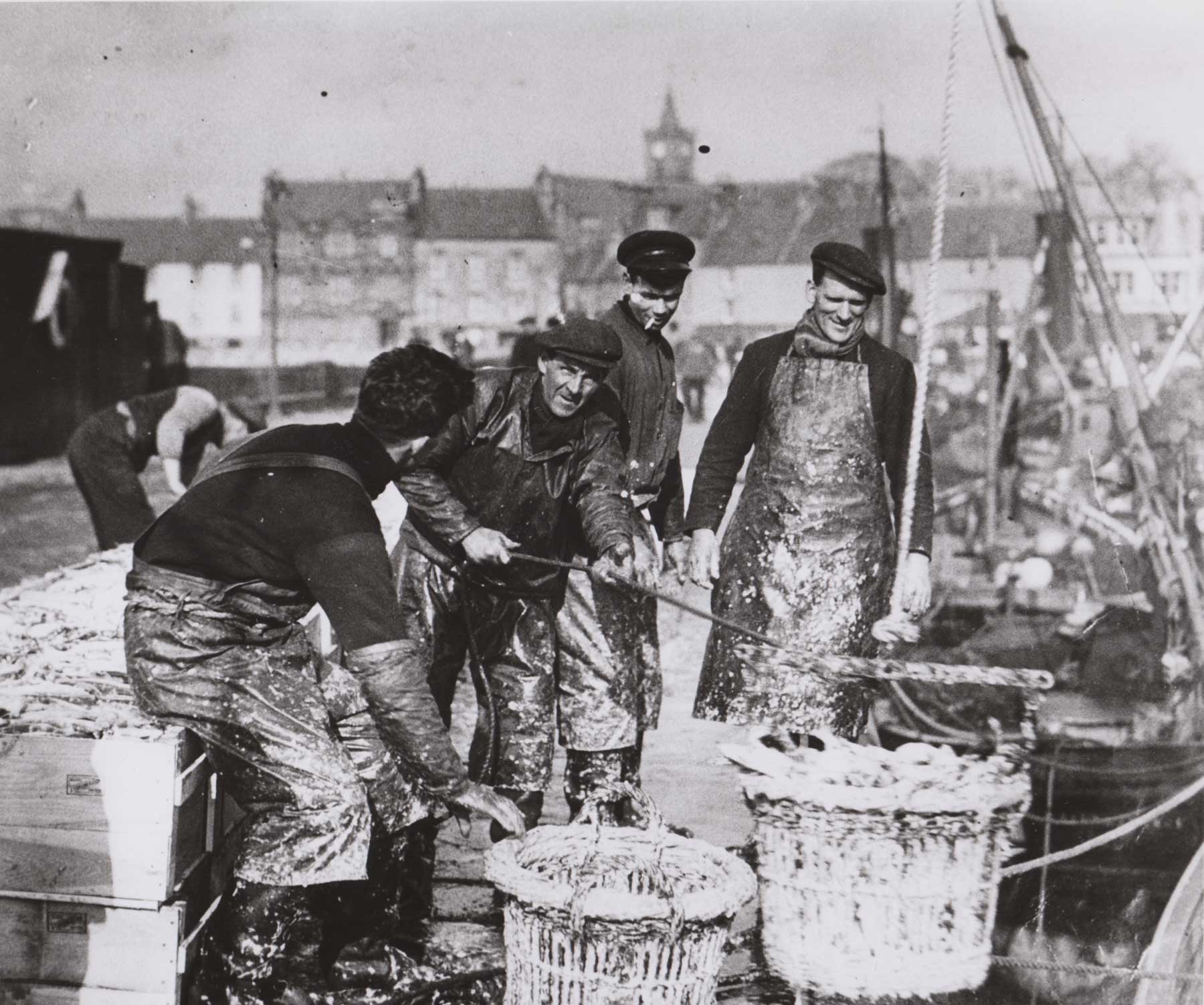 February 2023: The Rose in June
February 2023: The Rose in June January 2023: Bed Is Too Small
January 2023: Bed Is Too Small December 2022: Jack Ashton
December 2022: Jack Ashton November 2022: Wild Mountain Thyme
November 2022: Wild Mountain Thyme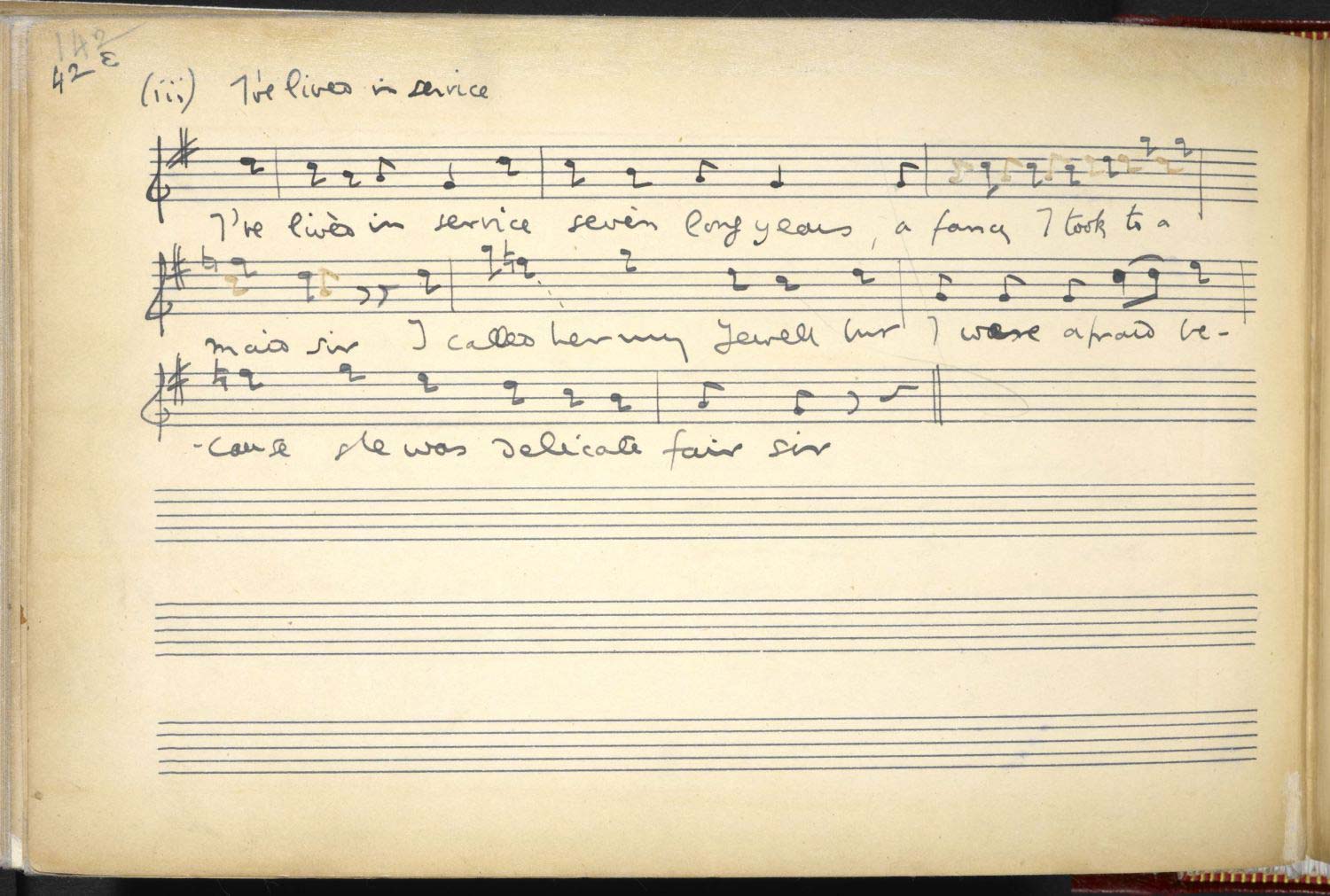 October 2022: I’ve Lived in Service
October 2022: I’ve Lived in Service September 2022: London Town
September 2022: London Town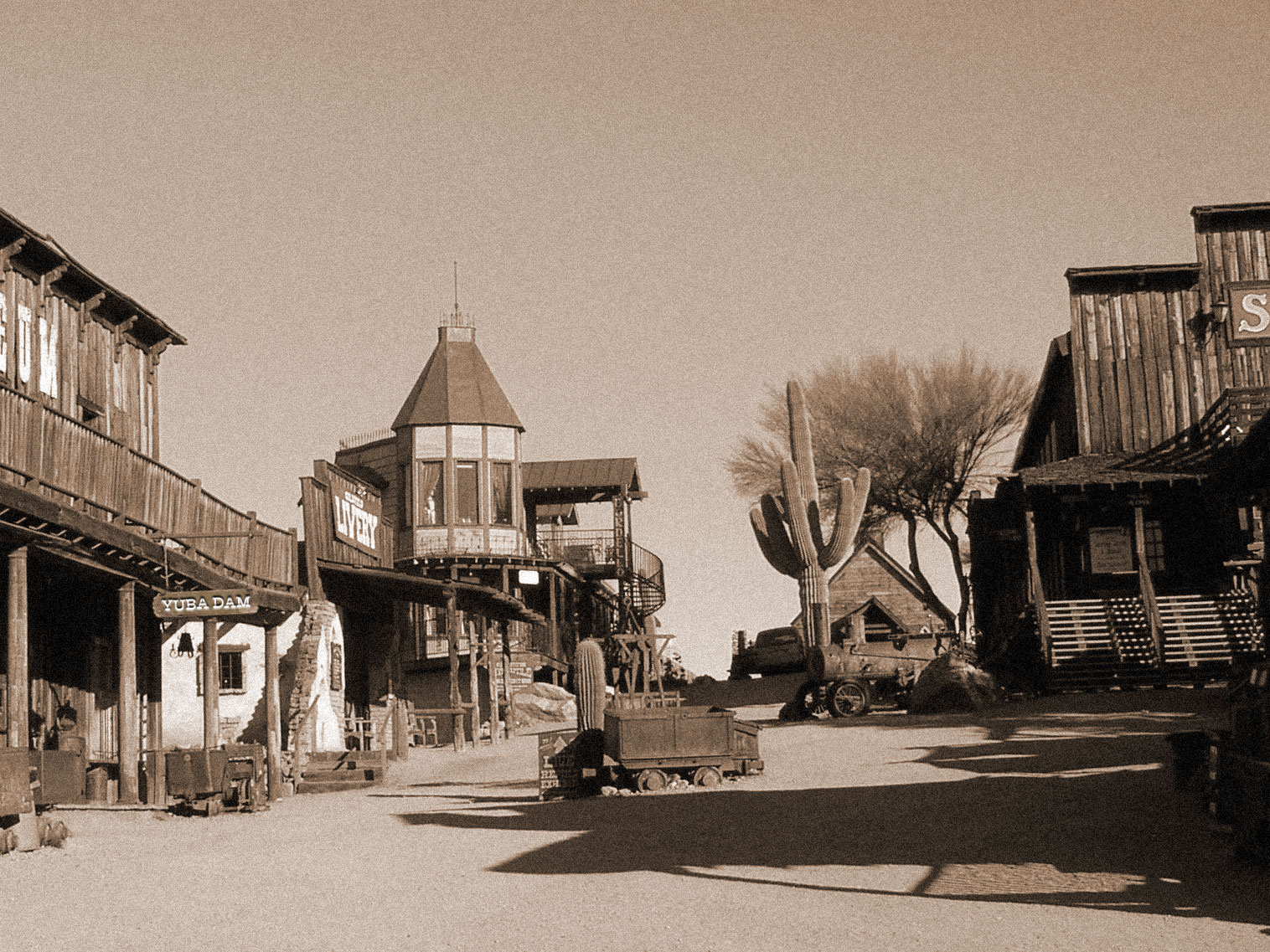 August 2022: Yuba Dam
August 2022: Yuba Dam July 2022: Bibble A La Do
July 2022: Bibble A La Do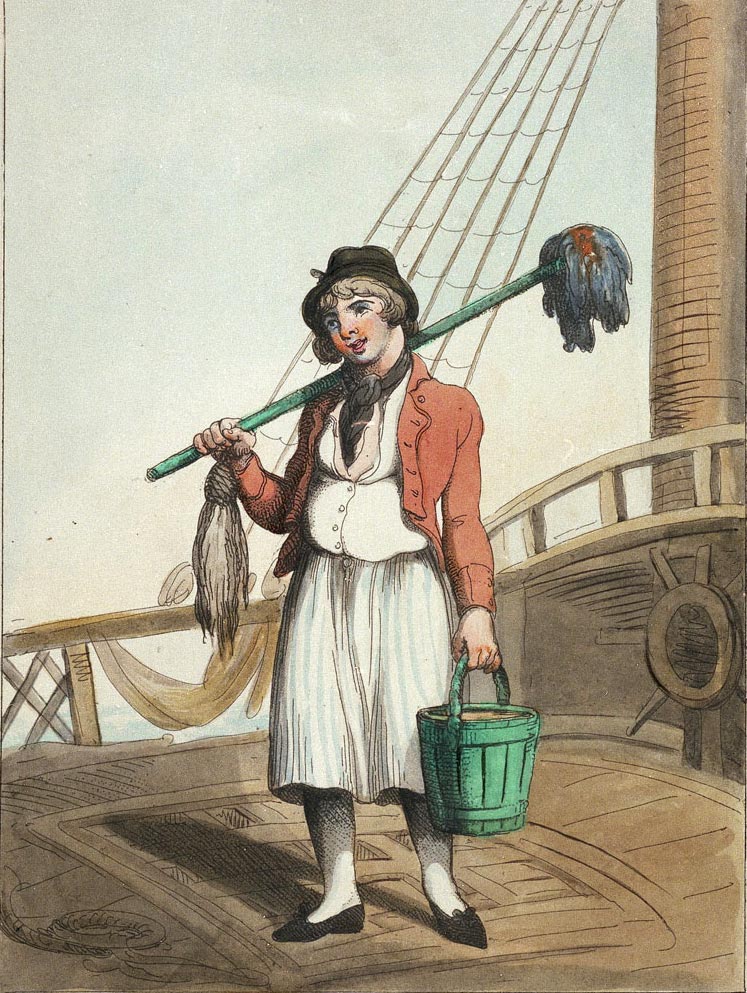 June 2022: The Golden Willow Tree
June 2022: The Golden Willow Tree May 2022: Ford o’ Kabul River
May 2022: Ford o’ Kabul River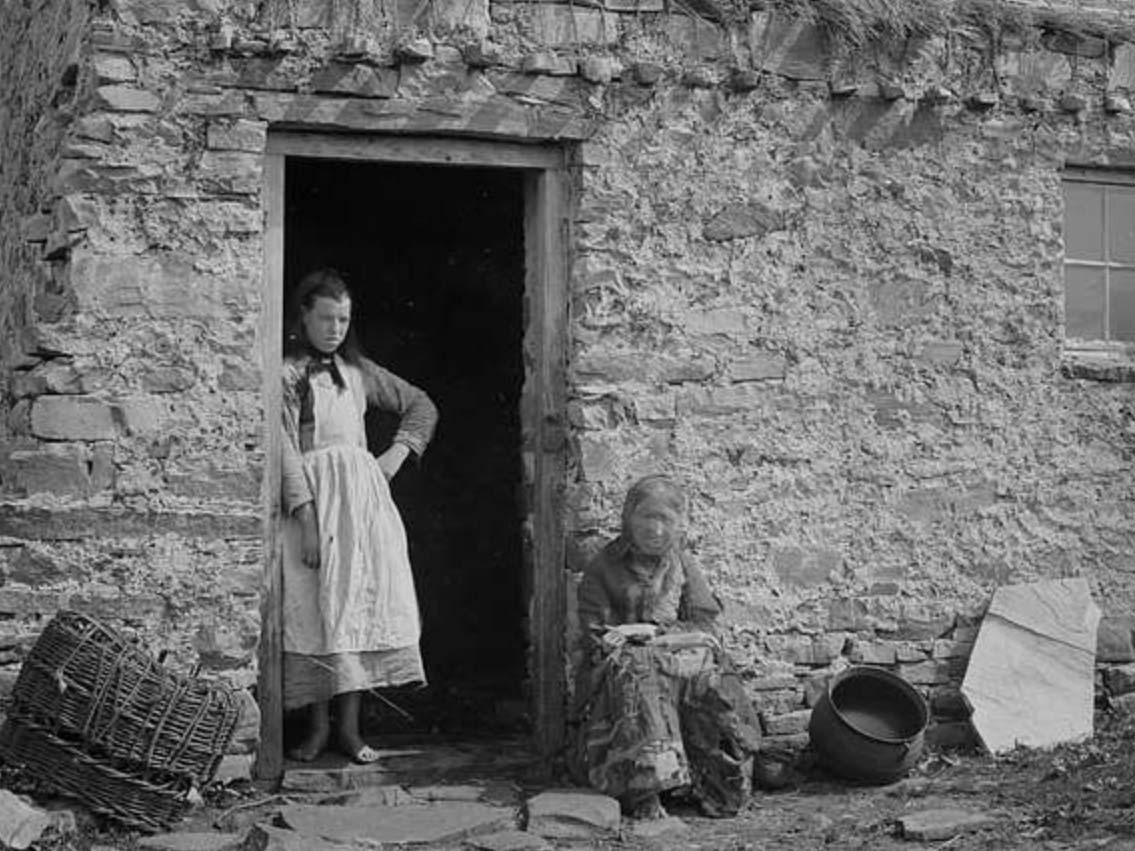 April 2022: Bold Riley
April 2022: Bold Riley March 2022: The Foggy Dew
March 2022: The Foggy Dew February 2022: Scarborough Settler’s Lament
February 2022: Scarborough Settler’s Lament January 2022: Tom o’Bedlam’s Song
January 2022: Tom o’Bedlam’s Song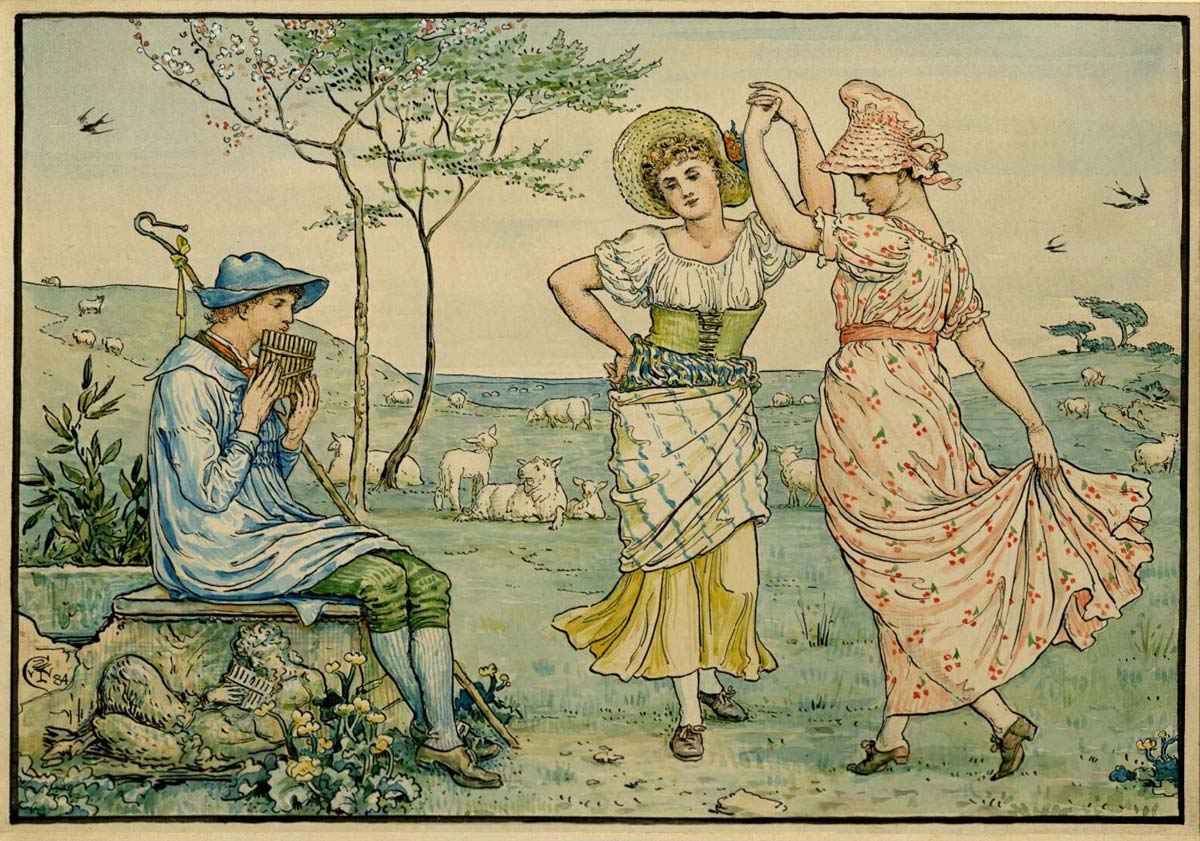 December 2021: We Shepherds Be the Best of Men
December 2021: We Shepherds Be the Best of Men November 2021: Catch Me If You Can
November 2021: Catch Me If You Can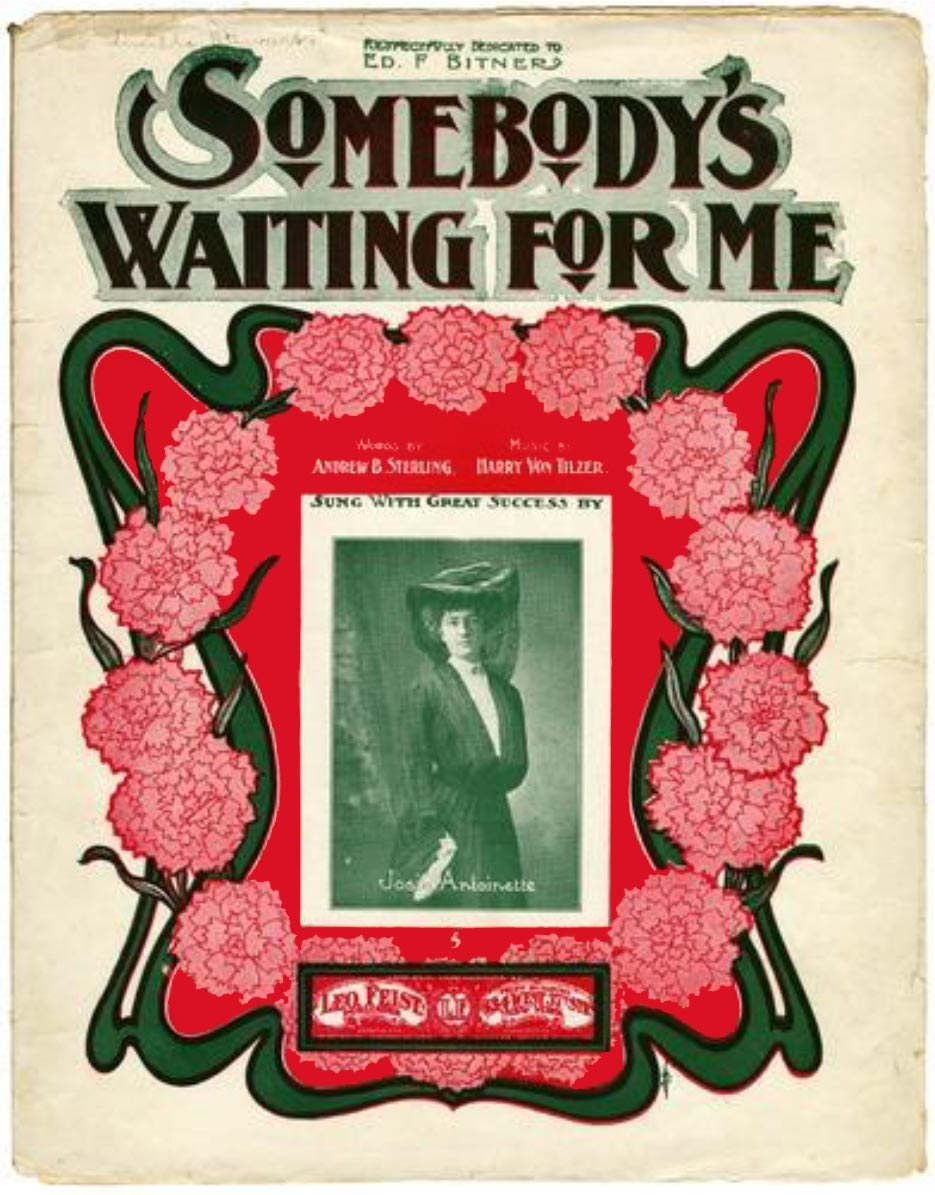 October 2021: Somebody’s Waiting for Me / Country Garden
October 2021: Somebody’s Waiting for Me / Country Garden September 2021: The Water Is Wide
September 2021: The Water Is Wide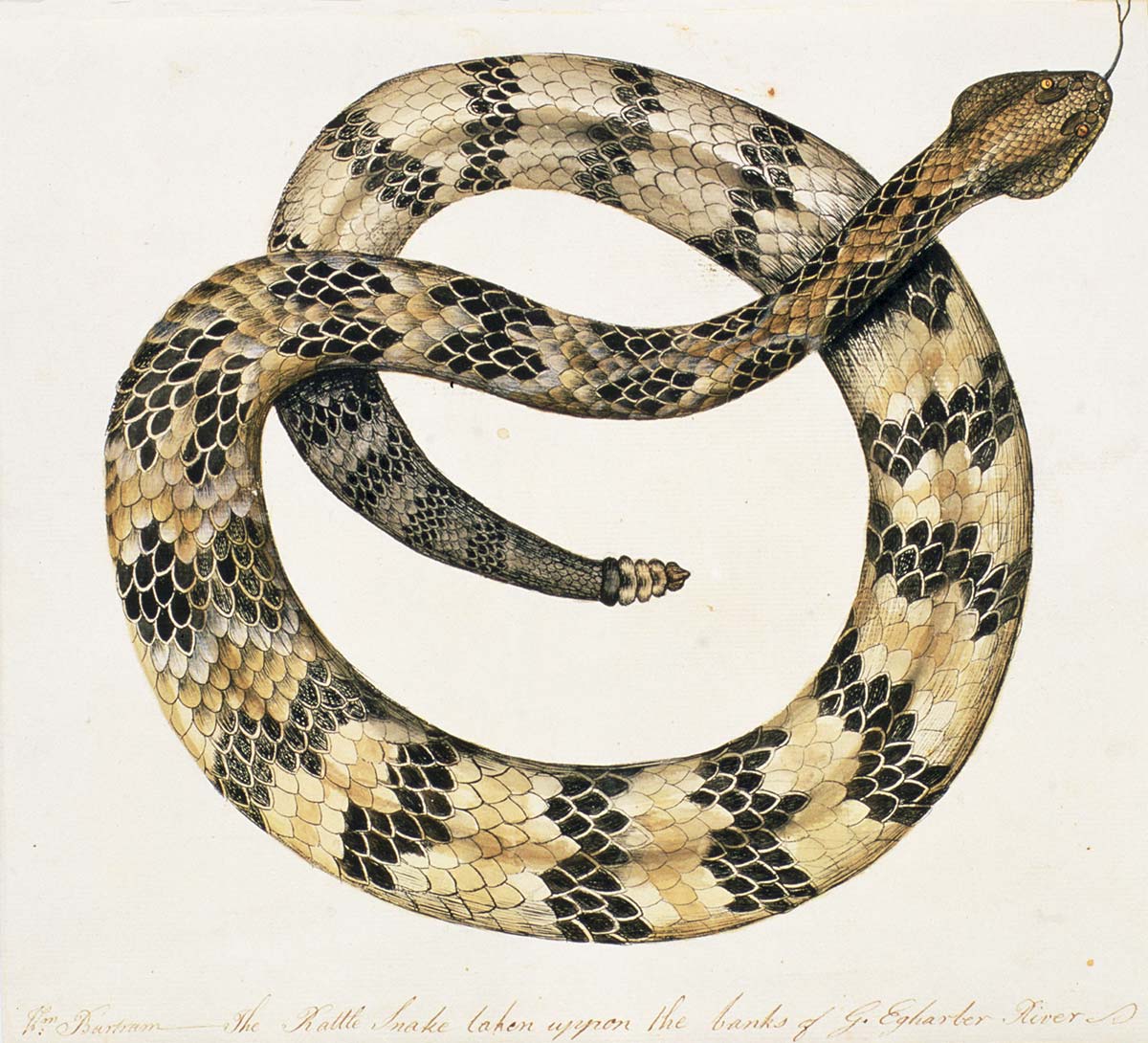 August 2021: Springfield Mountain
August 2021: Springfield Mountain July 2021: Shove the Grog Around (Shanty Song)
July 2021: Shove the Grog Around (Shanty Song) June 2021: The Cruel Mother
June 2021: The Cruel Mother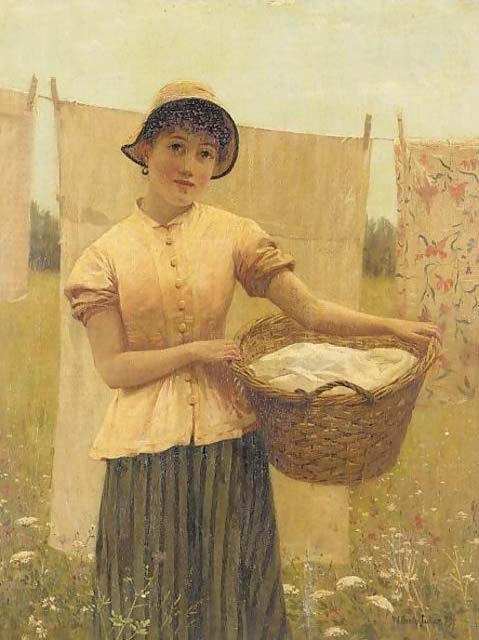 May 2021: Katie Catch
May 2021: Katie Catch April 2021: A Pilgrim’s Way
April 2021: A Pilgrim’s Way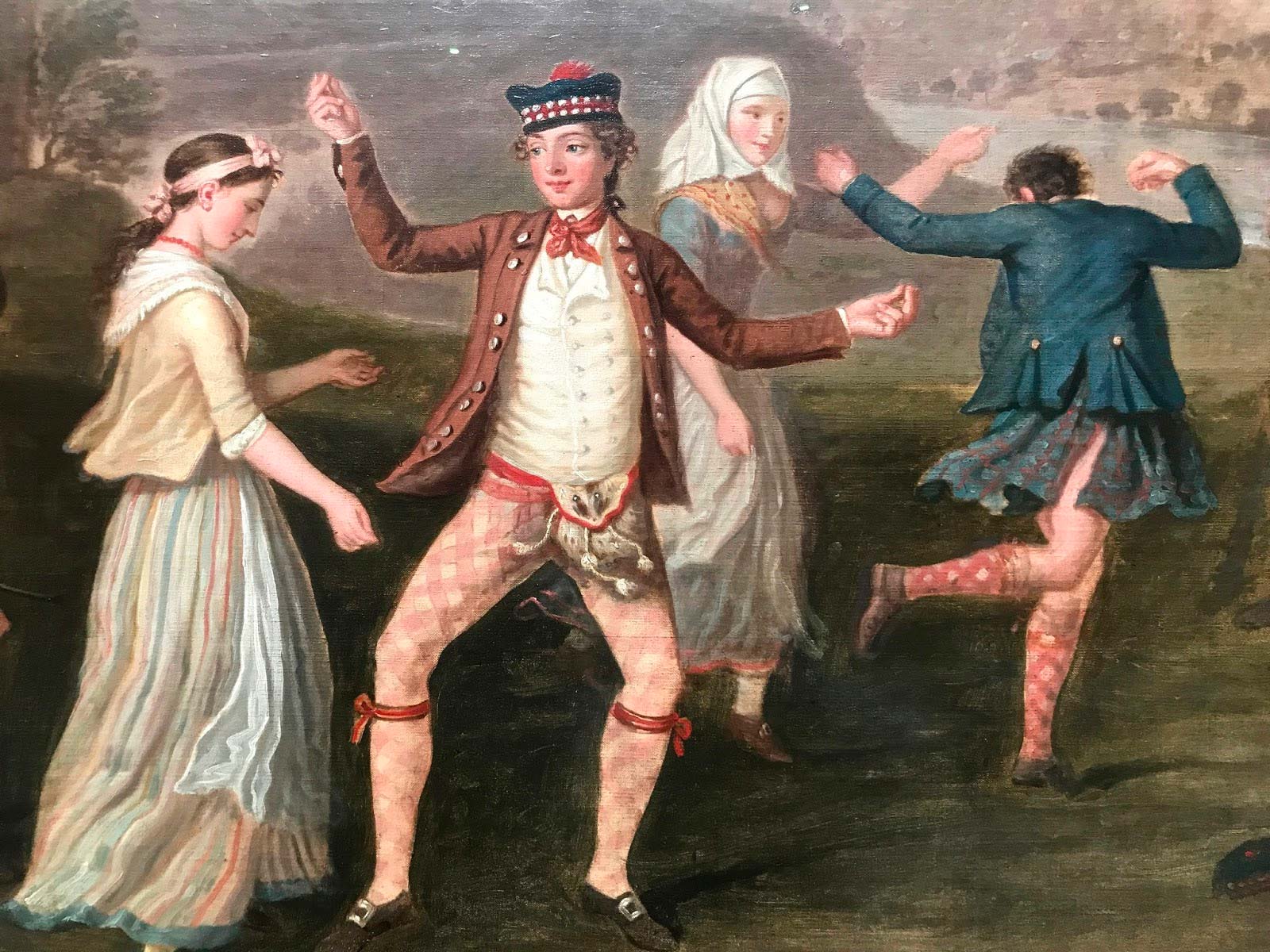 March 2021: Glenlogie
March 2021: Glenlogie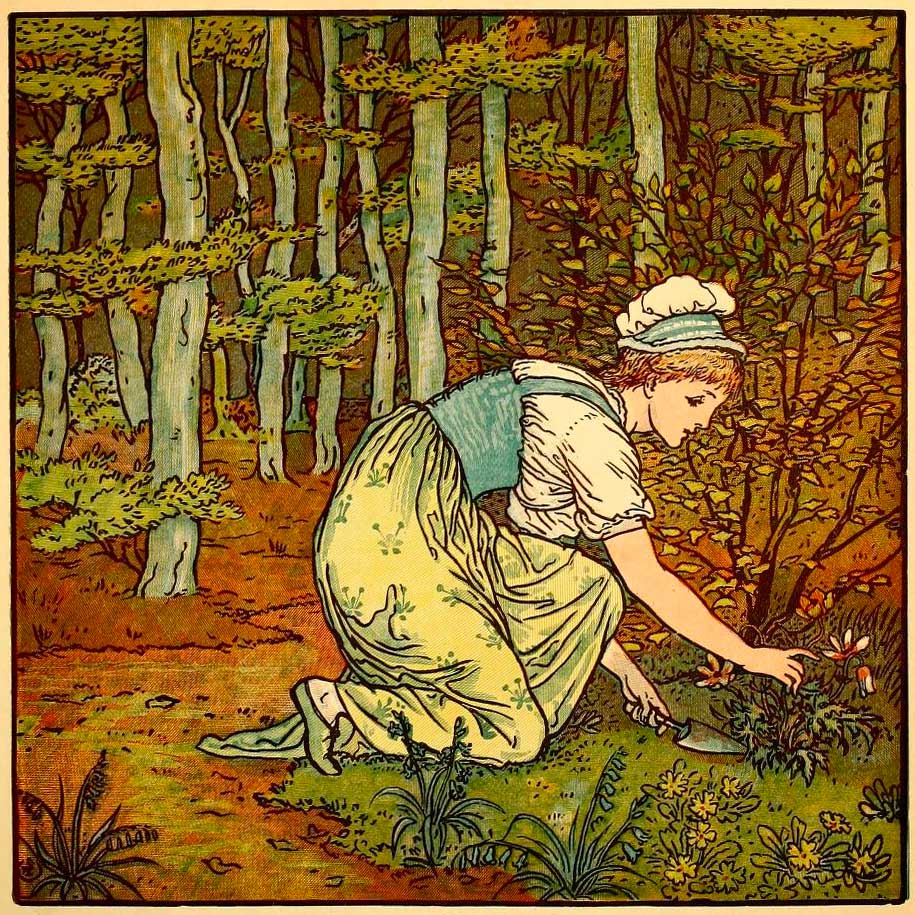 February 2021: Sprig of Thyme
February 2021: Sprig of Thyme January 2021: Lord Bateman
January 2021: Lord Bateman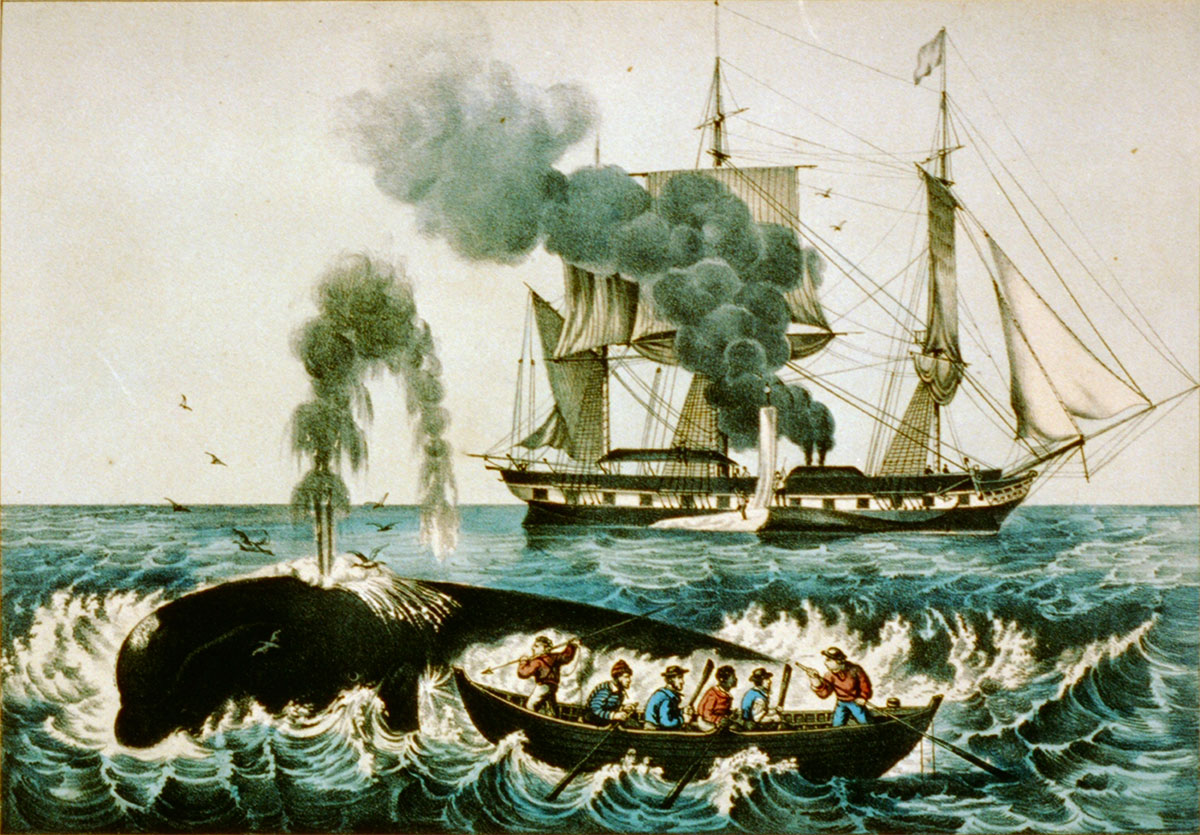 December 2020: Brave Boys
December 2020: Brave Boys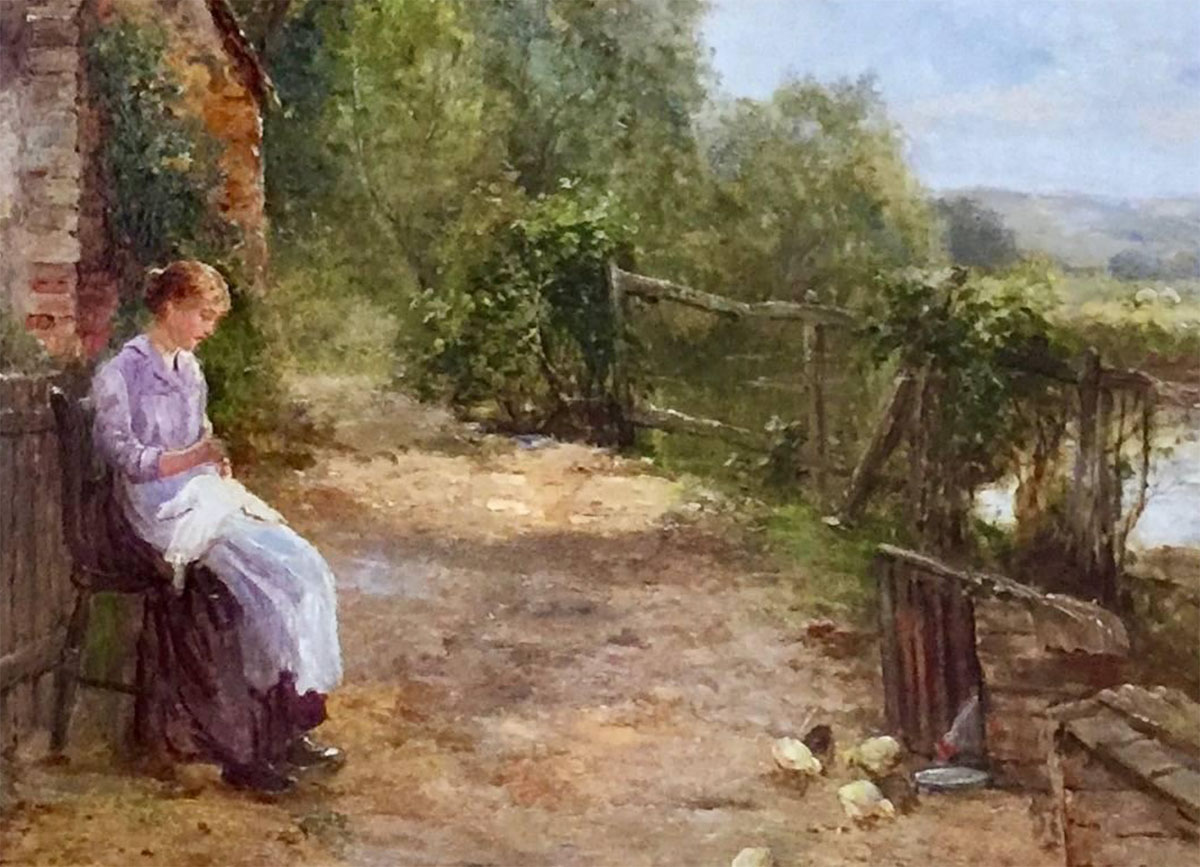 November 2020: Abroad as I Was Walking
November 2020: Abroad as I Was Walking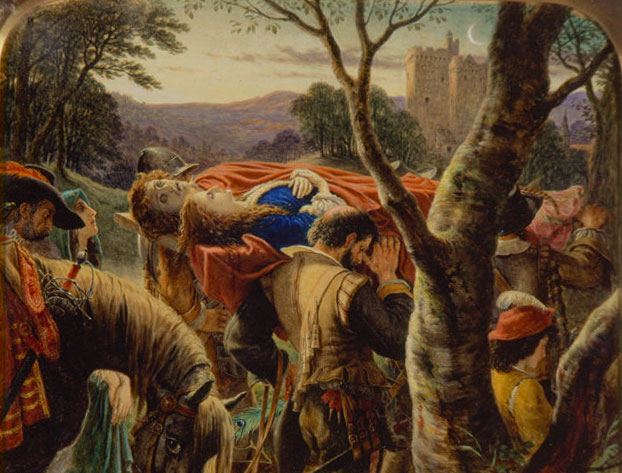 October 2020: The Dowie Dens o’ Yarrow
October 2020: The Dowie Dens o’ Yarrow September 2020: The Setting of the Sun
September 2020: The Setting of the Sun August 2020: Annachie Gordon
August 2020: Annachie Gordon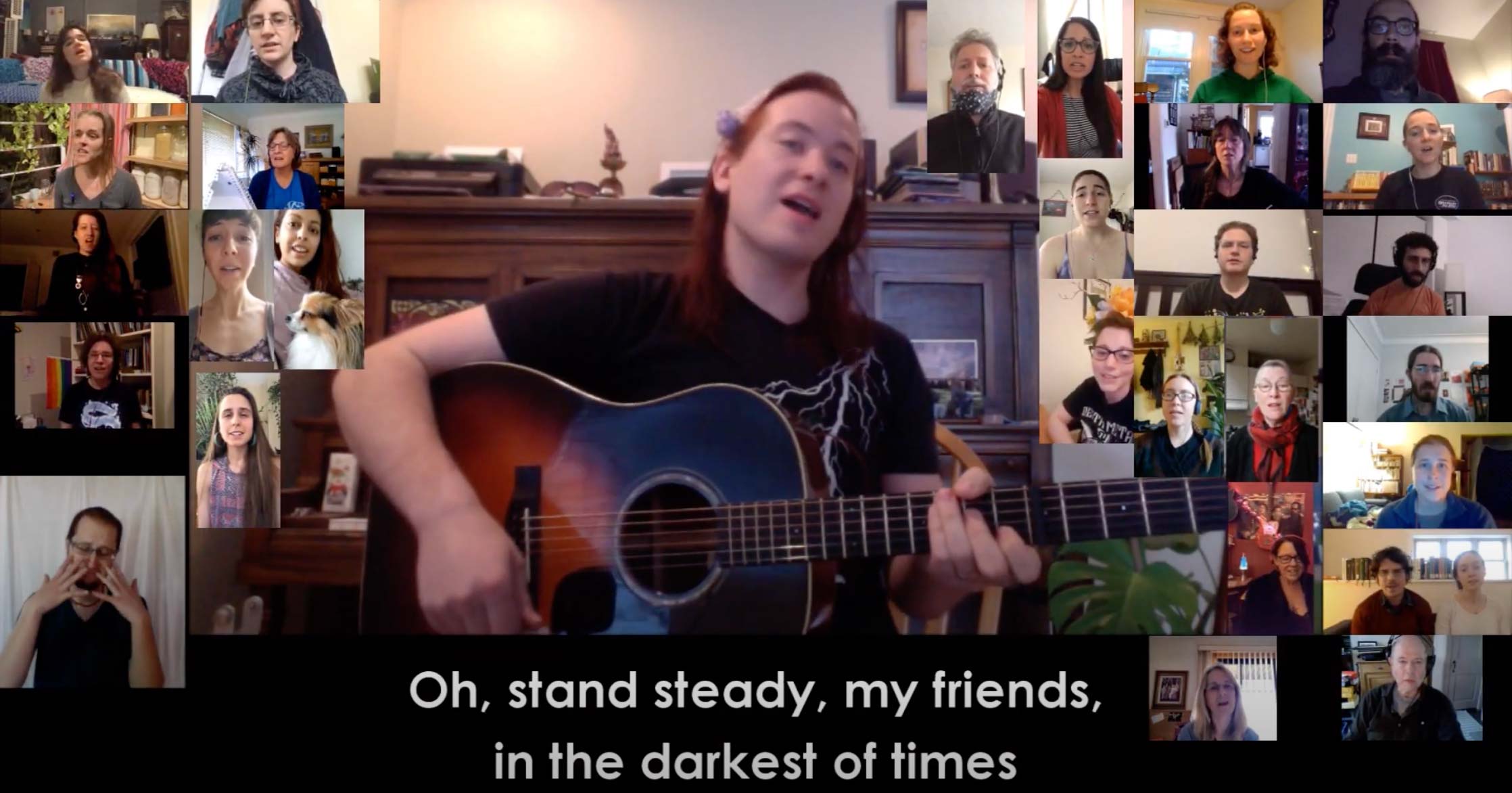 July 2020: Stand Steady
July 2020: Stand Steady June 2020: Braw Lads of Galla-water
June 2020: Braw Lads of Galla-water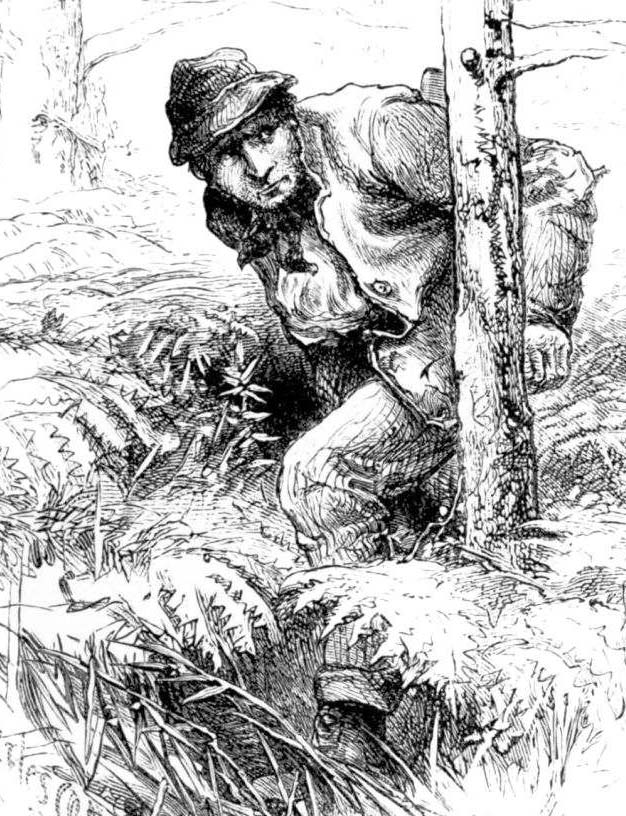 May 2020: The Lincolnshire Poacher
May 2020: The Lincolnshire Poacher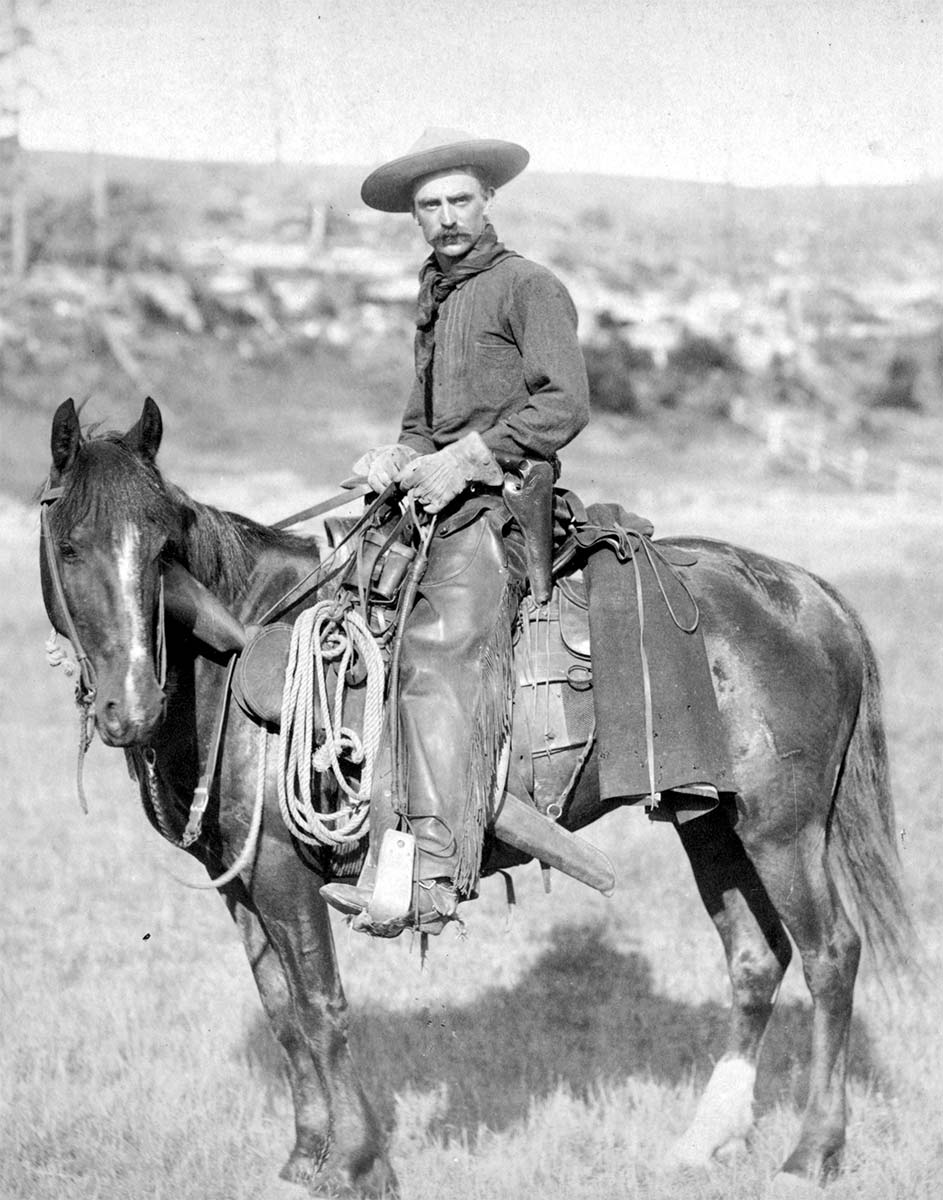 April 2020: The Hills of Mexico
April 2020: The Hills of Mexico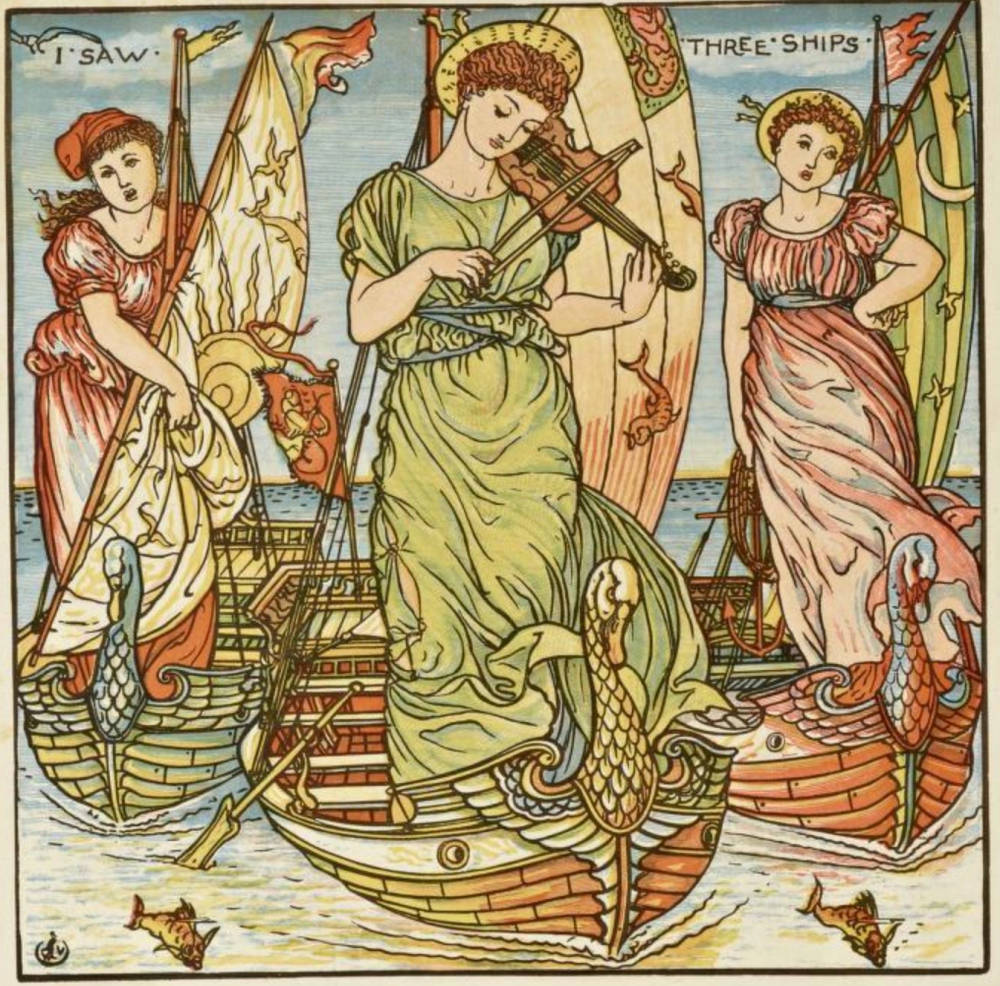 March 2020: I Saw Three Ships
March 2020: I Saw Three Ships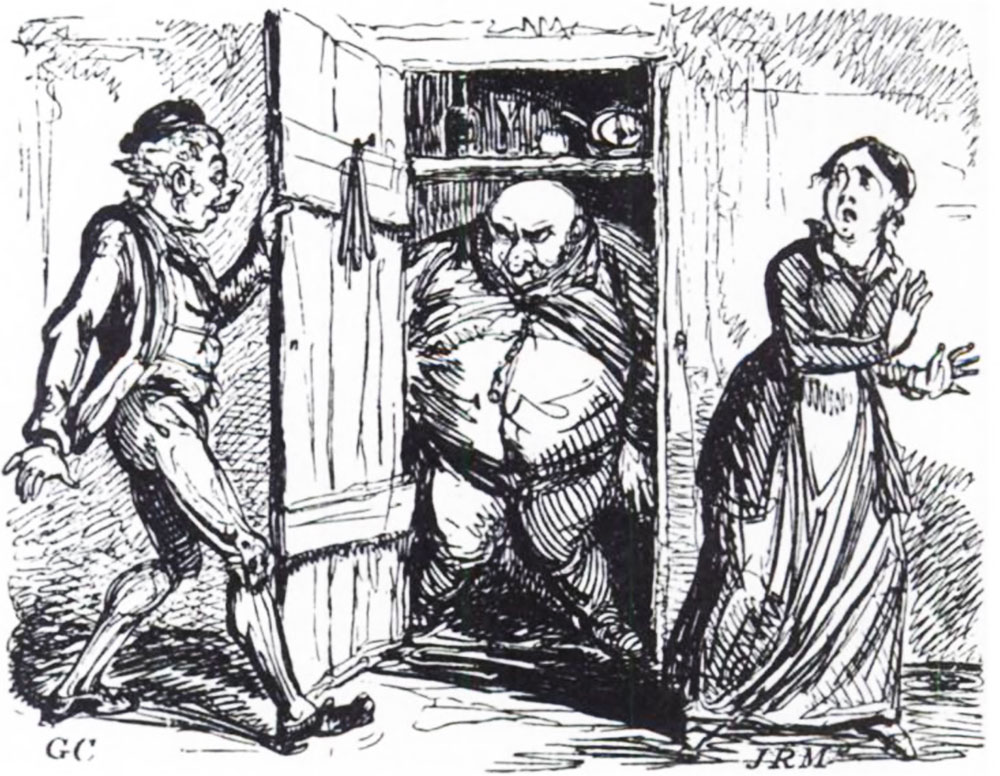 February 2020: The Trooper and the Tailor
February 2020: The Trooper and the Tailor January 2020: Lost on the Lady Elgin
January 2020: Lost on the Lady Elgin December 2019: Bright Phoebe
December 2019: Bright Phoebe November 2019: Tickle Cove Pond
November 2019: Tickle Cove Pond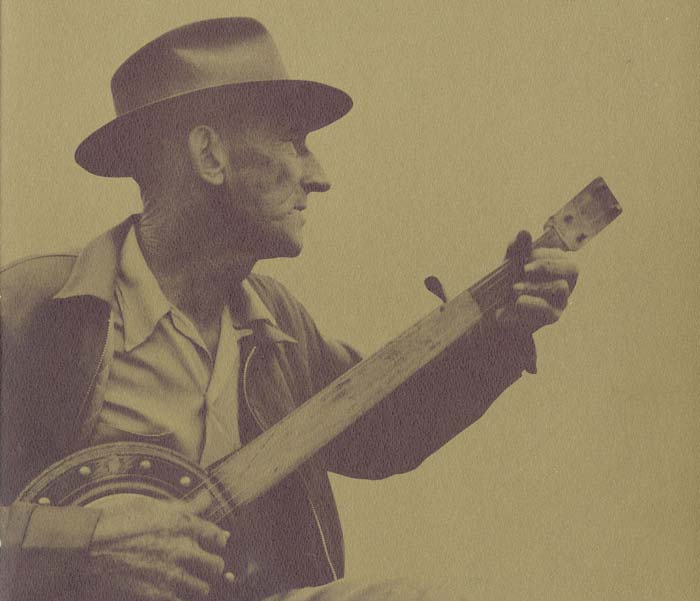 October 2019: I’m Going Back to North Carolina
October 2019: I’m Going Back to North Carolina September 2019: For the Company Underground
September 2019: For the Company Underground August 2019: The Maid of Sweet Gurteen
August 2019: The Maid of Sweet Gurteen July 2019: Starving to Death on a Government Claim
July 2019: Starving to Death on a Government Claim June 2019: Annan Water
June 2019: Annan Water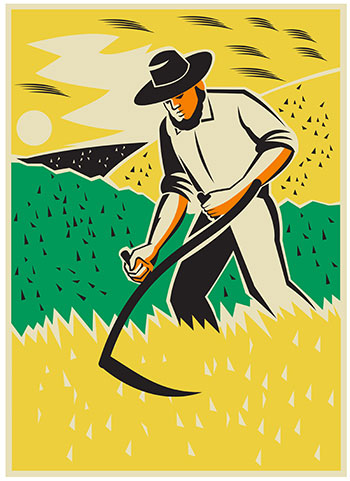 May 2019: The Shearin’s No’ For You
May 2019: The Shearin’s No’ For You April 2019: Shady Grove
April 2019: Shady Grove March 2019: Bedlam
March 2019: Bedlam February 2019: The Bonny Bunch of Roses
February 2019: The Bonny Bunch of Roses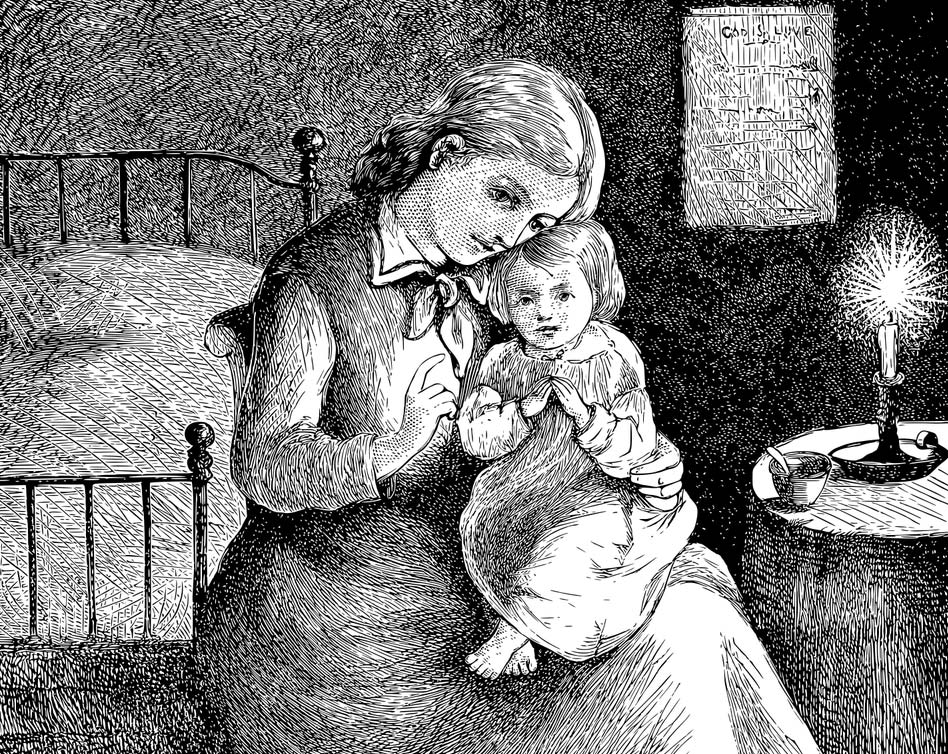 January 2019: Ambletown
January 2019: Ambletown December 2018: Throw Open Your Shutters
December 2018: Throw Open Your Shutters November 2018: The Wild Rover
November 2018: The Wild Rover October 2018: She’s Like the Swallow
October 2018: She’s Like the Swallow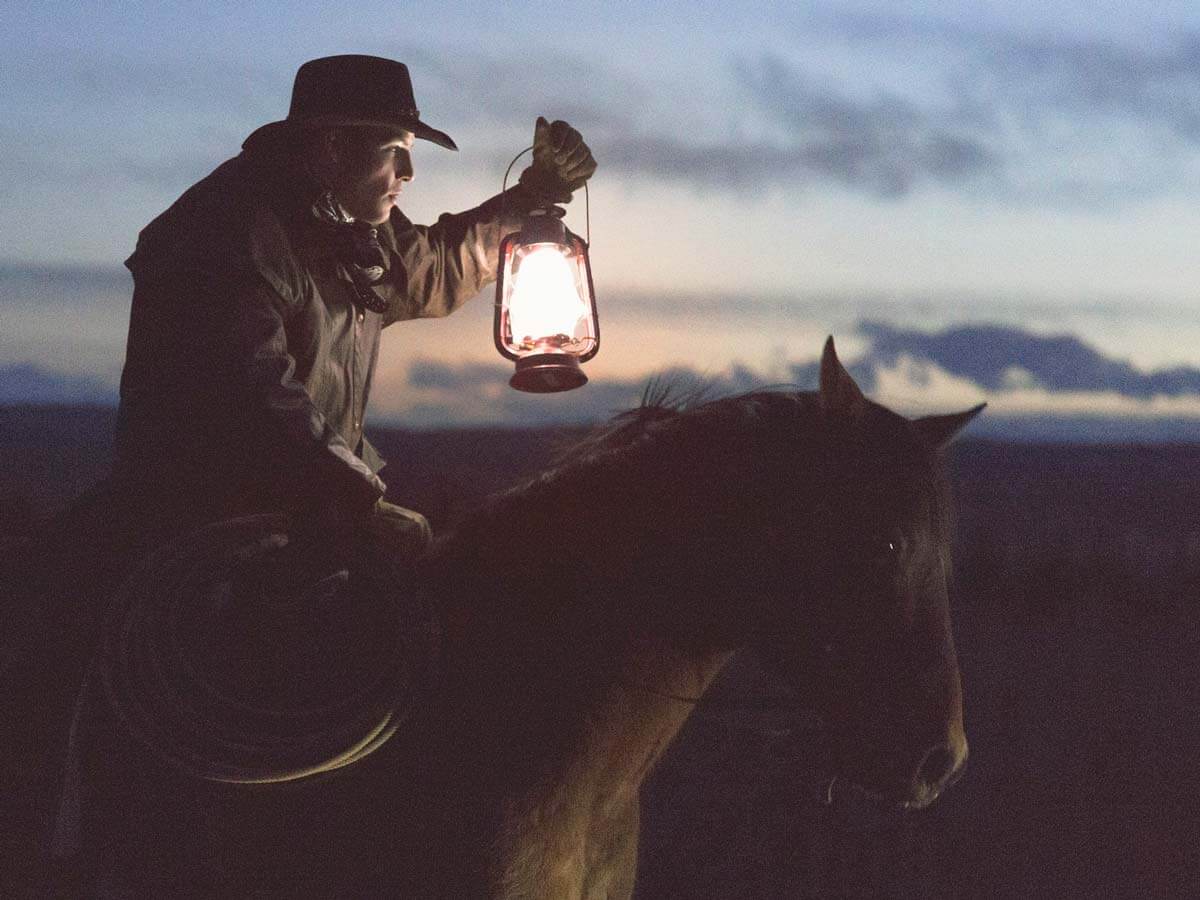 September 2018: The Night Guard
September 2018: The Night Guard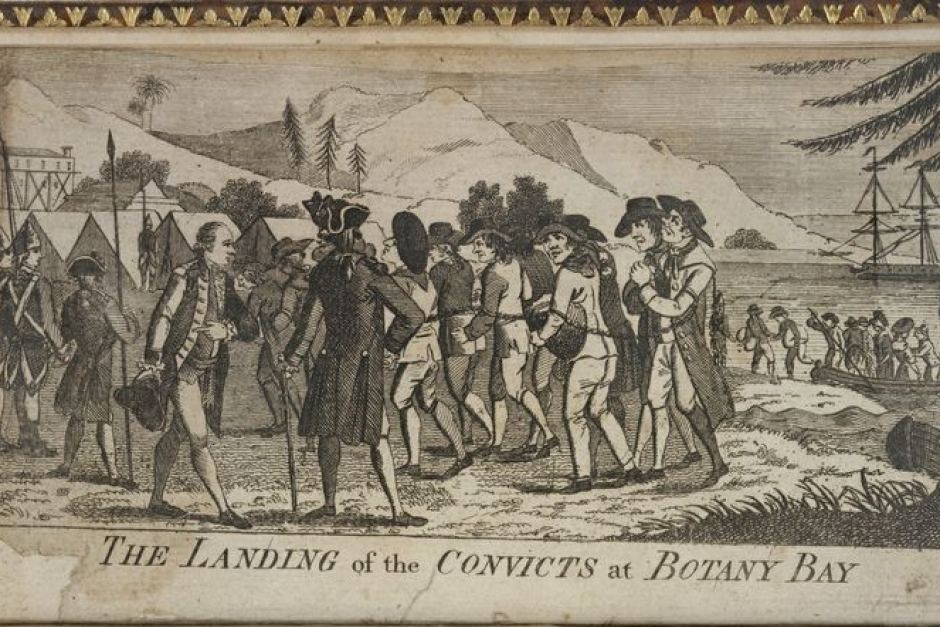 August 2018: Here’s Adieu to All Judges and Juries
August 2018: Here’s Adieu to All Judges and Juries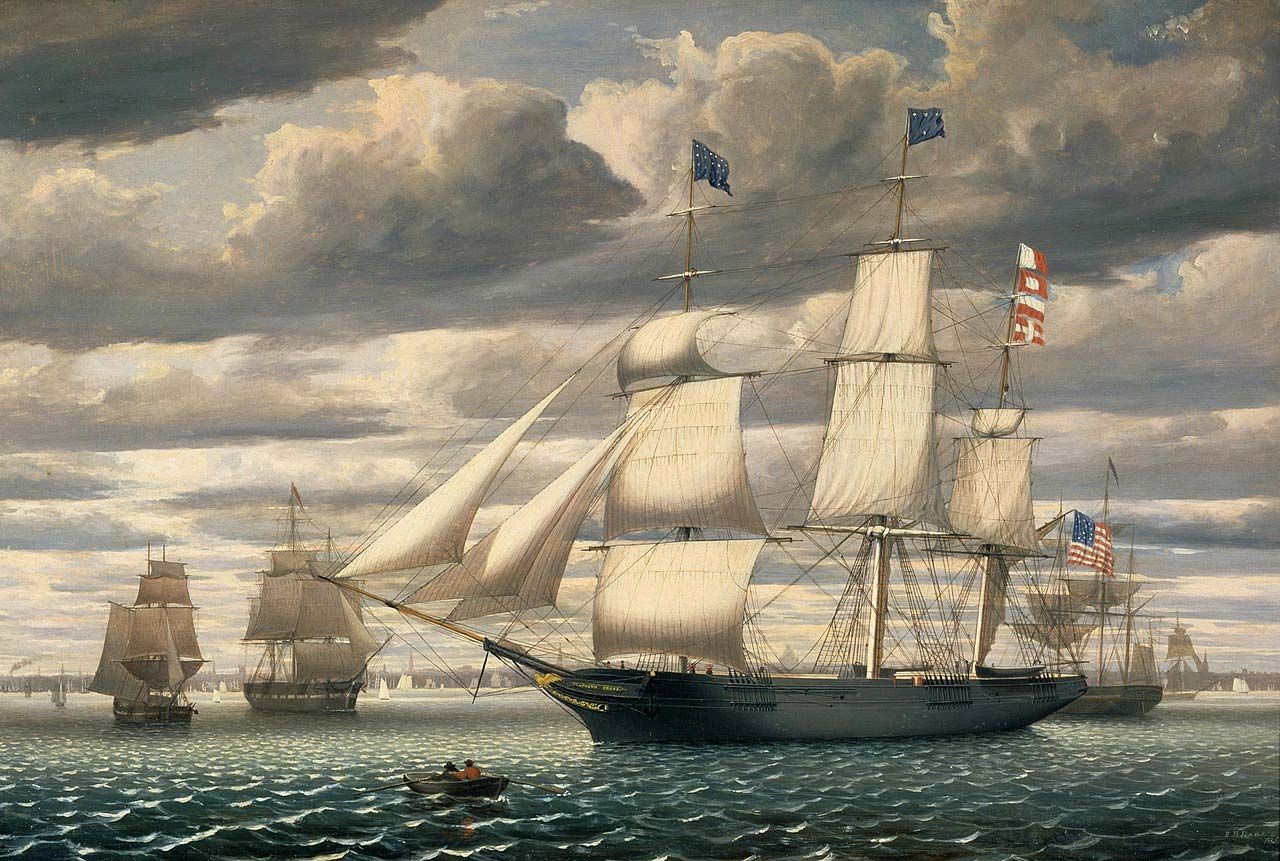 July 2018: Sailing
July 2018: Sailing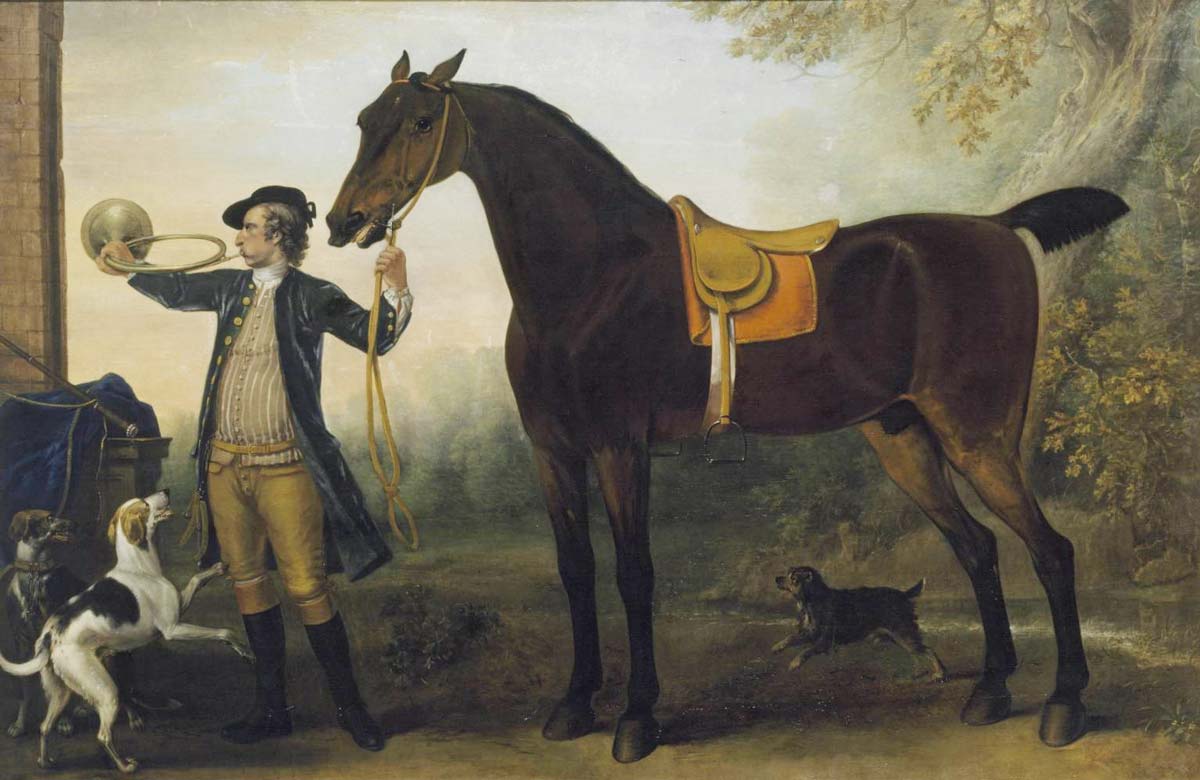 June 2018: Earl o’Bran
June 2018: Earl o’Bran May 2018: Georgie
May 2018: Georgie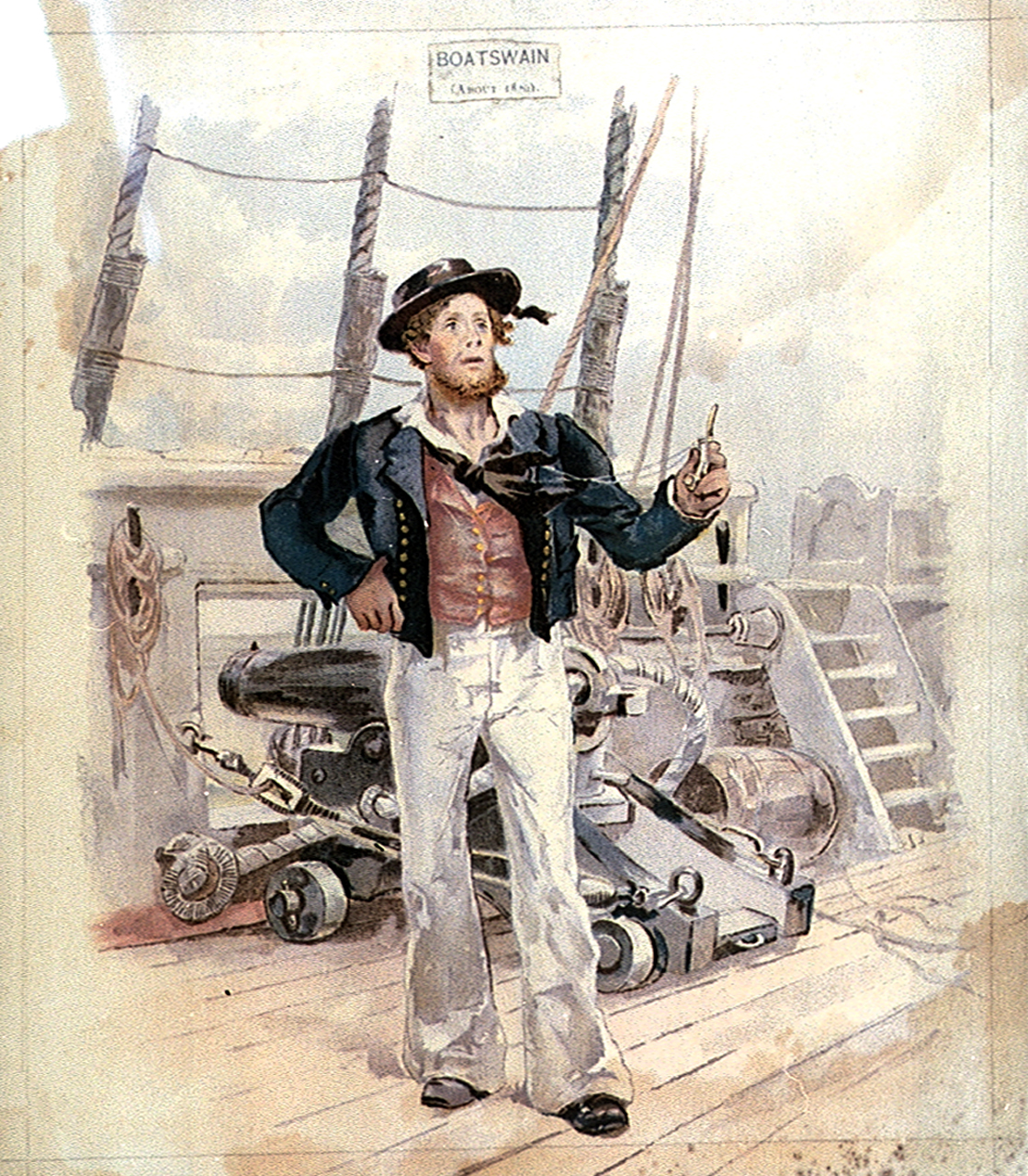 April 2018: A Sailor’s Life
April 2018: A Sailor’s Life March 2018: The Banks of Red Roses
March 2018: The Banks of Red Roses February 2018: The Boy That Wore The Blue
February 2018: The Boy That Wore The Blue January 2018: The Bay Of Biscay
January 2018: The Bay Of Biscay December 2017: Song, Composed in August
December 2017: Song, Composed in August November 2017: The Devil Buck
November 2017: The Devil Buck October 2017: Double Sledder Lad
October 2017: Double Sledder Lad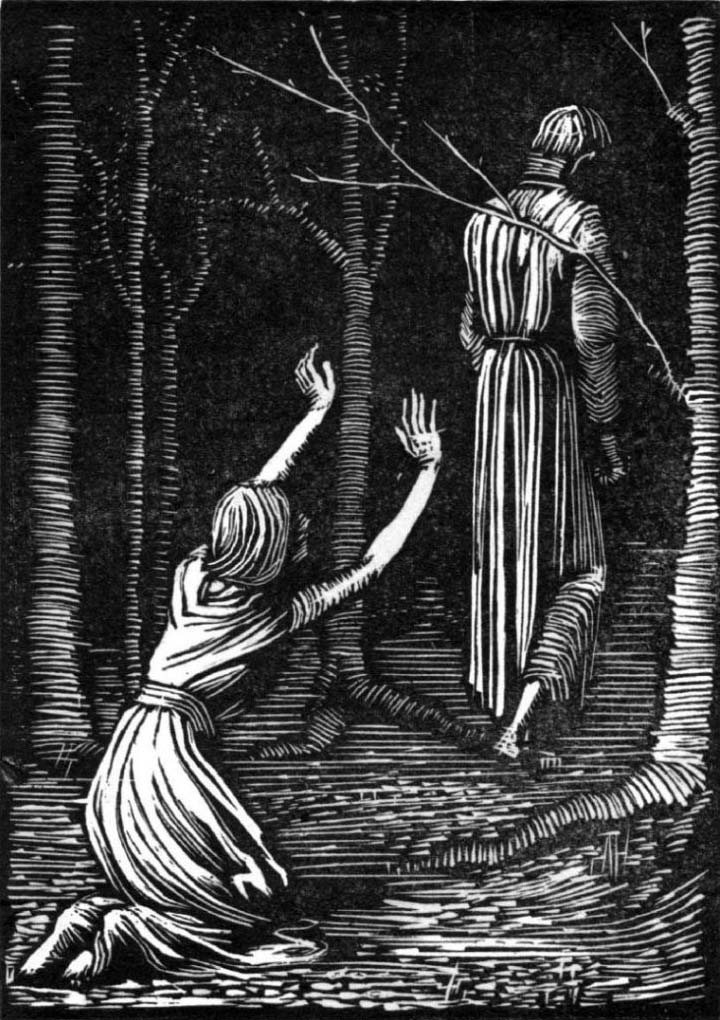 September 2017: Sweet William’s Ghost
September 2017: Sweet William’s Ghost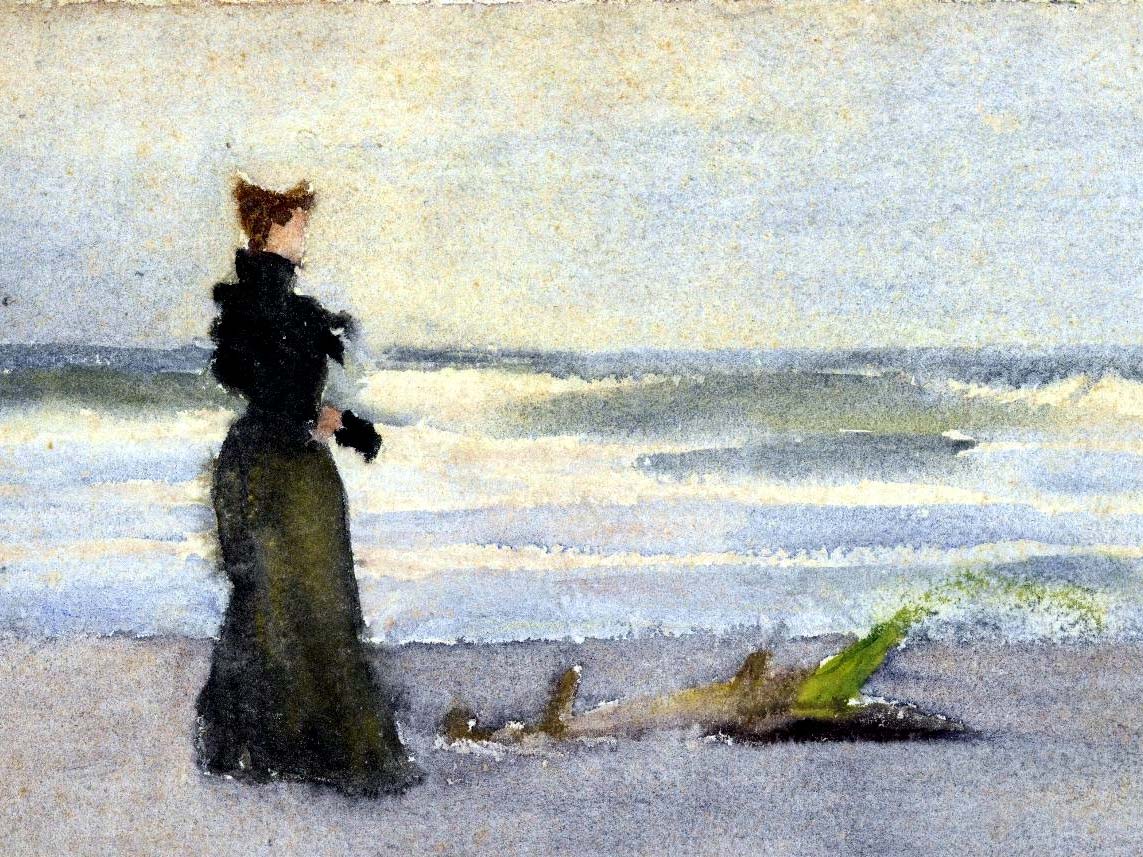 August 2017: Welcome Home My Sailor
August 2017: Welcome Home My Sailor July 2017: Drive Dull Care Away
July 2017: Drive Dull Care Away June 2017: When I Went for to Take My Leave
June 2017: When I Went for to Take My Leave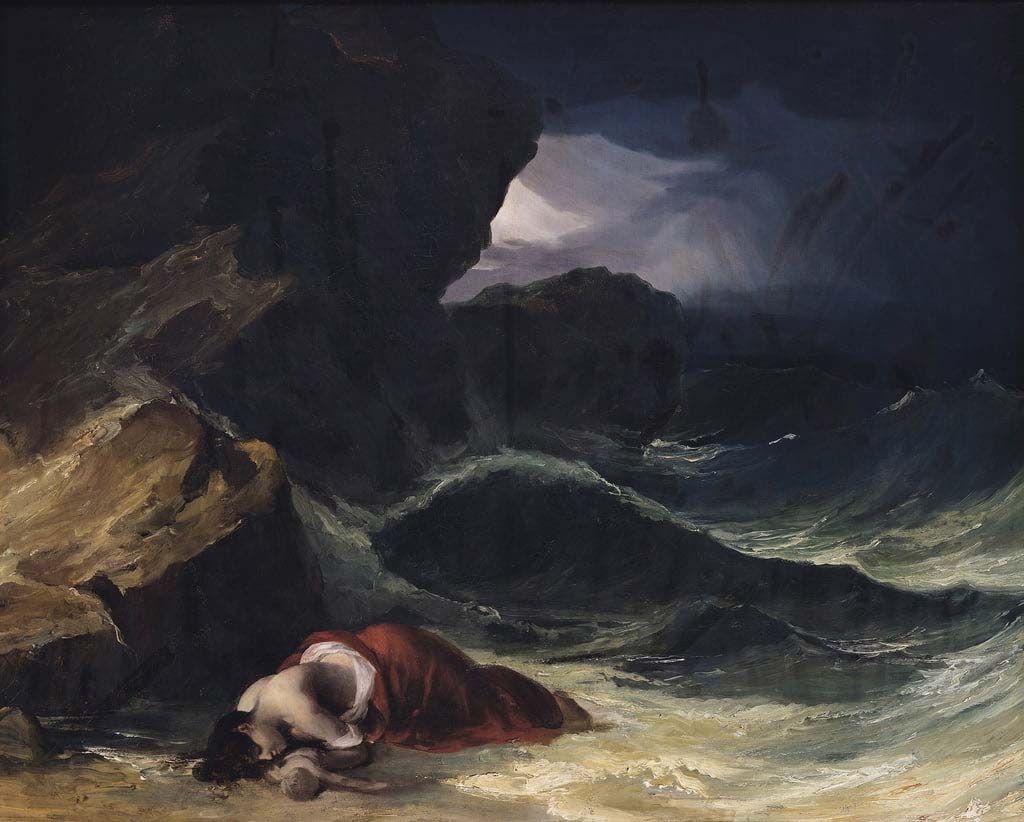 May 2017: Bonnie Annie
May 2017: Bonnie Annie April 2017: The Death of Bill Brown
April 2017: The Death of Bill Brown March 2017: Money Is King
March 2017: Money Is King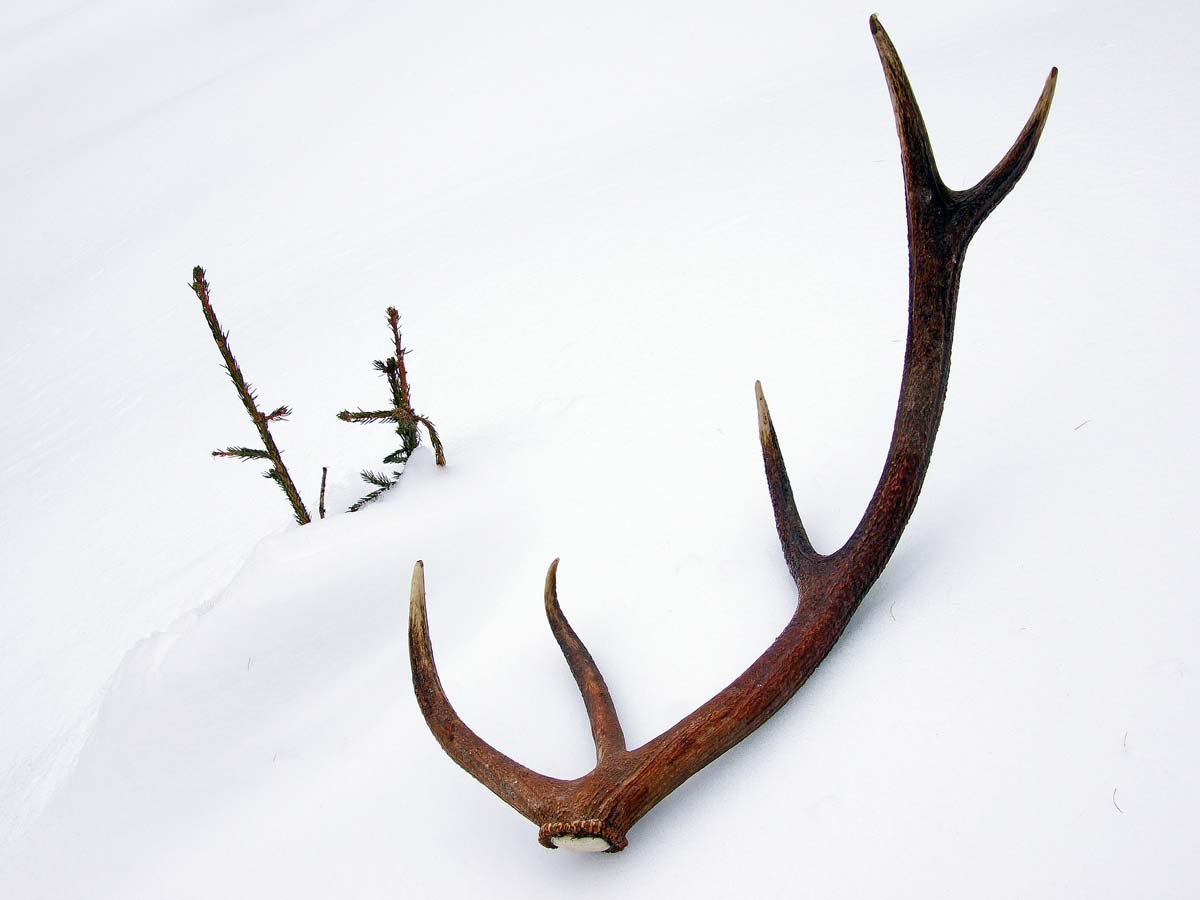 February 2017: Tha Sneachd’Air Druim Uachdair
February 2017: Tha Sneachd’Air Druim Uachdair January 2017: The January Man
January 2017: The January Man December 2016: Lamb and Lion
December 2016: Lamb and Lion November 2016: Farther On
November 2016: Farther On October 2016: Skin and Bones
October 2016: Skin and Bones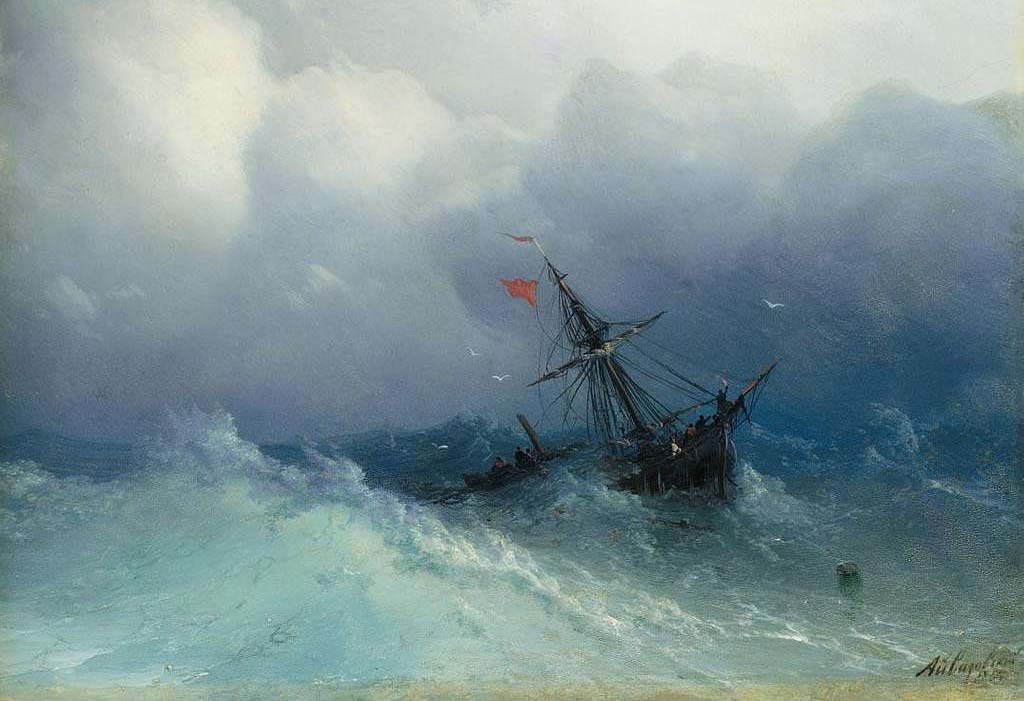 September 2016: Canaan’s Land
September 2016: Canaan’s Land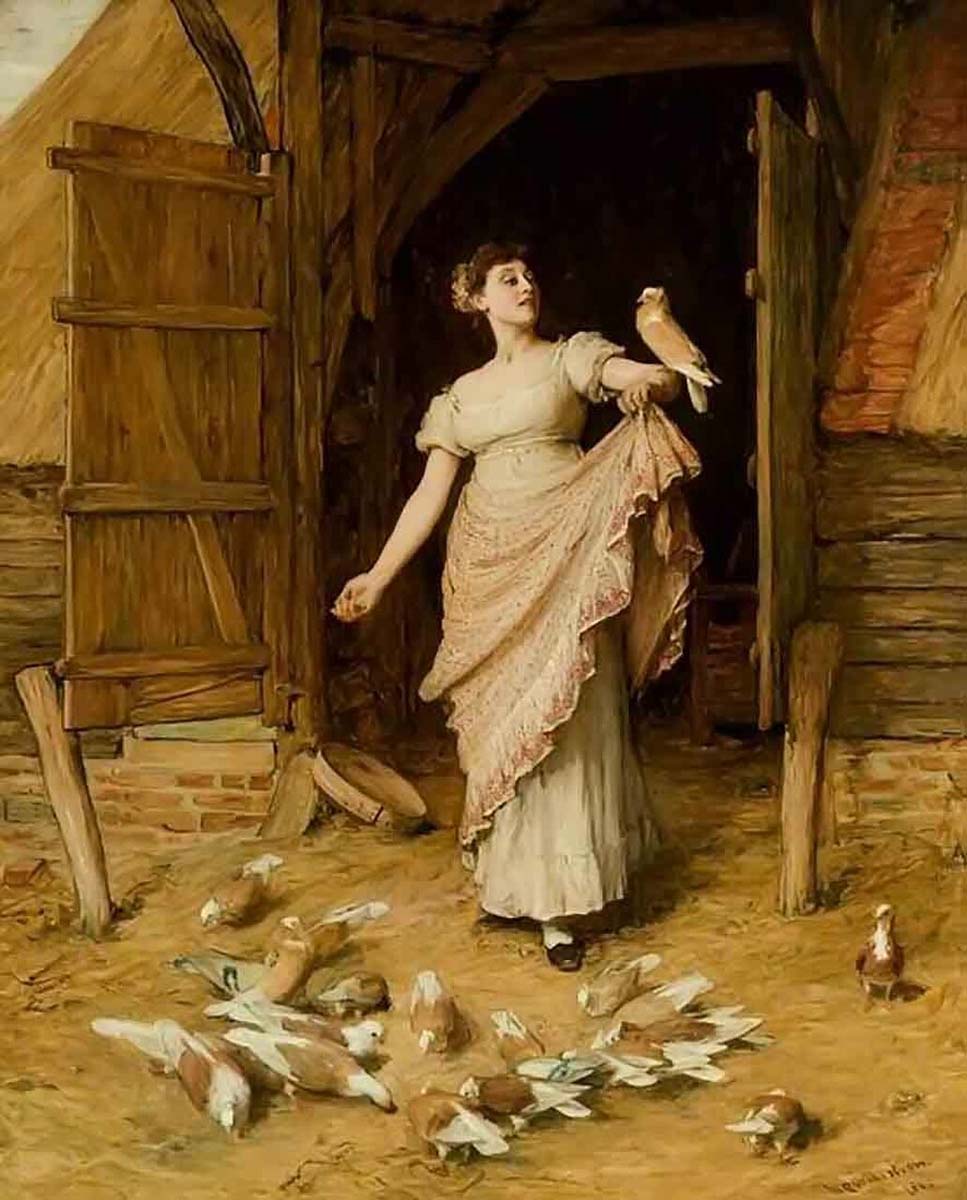 August 2016: Farmer’s Daughter
August 2016: Farmer’s Daughter July 2016: Ladies Rejoice
July 2016: Ladies Rejoice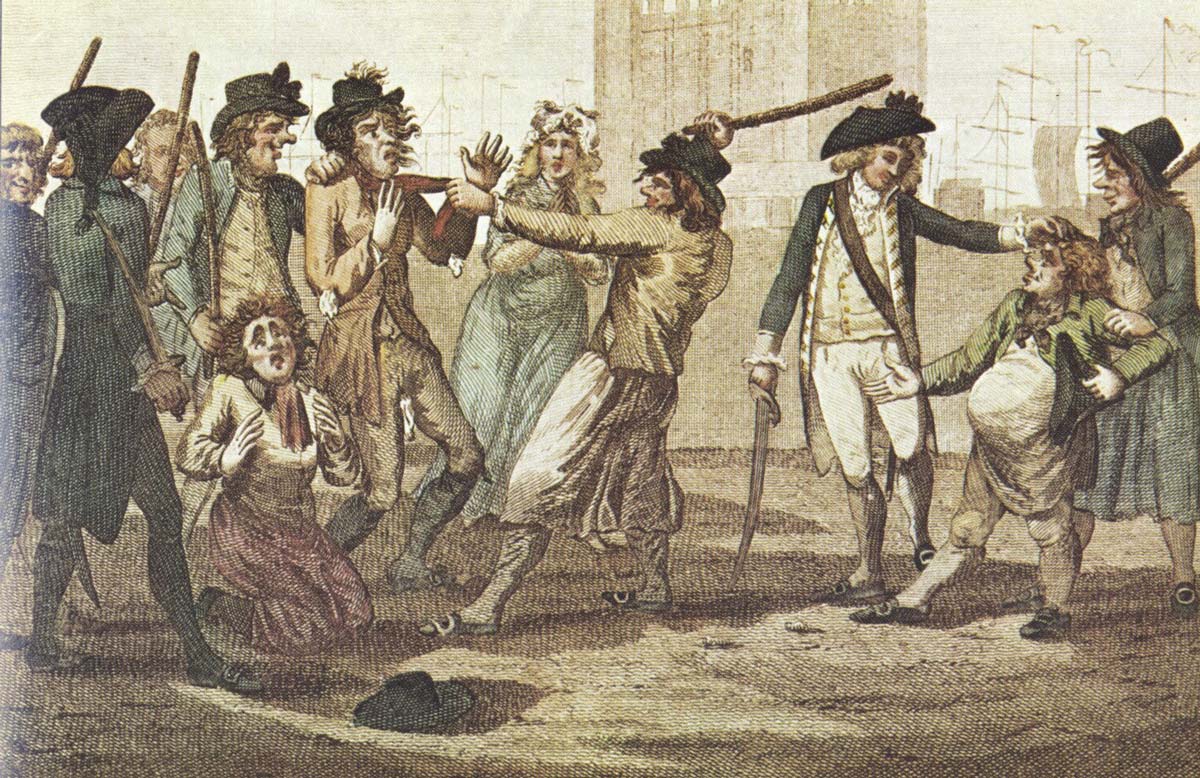 June 2016: The Press Gang
June 2016: The Press Gang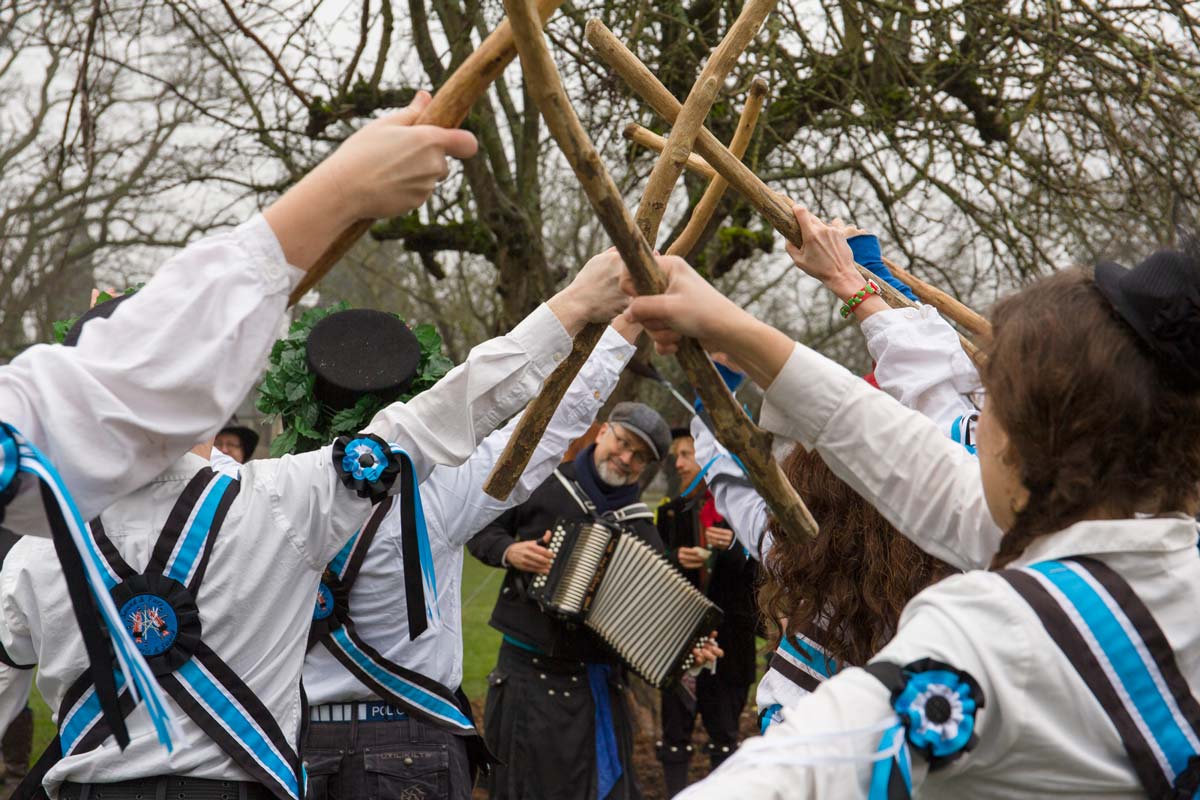 May 2016: Dancing at Whitsun
May 2016: Dancing at Whitsun April 2016: Spring
April 2016: Spring March 2016: The Bonnie Blue-Eyed Lassie
March 2016: The Bonnie Blue-Eyed Lassie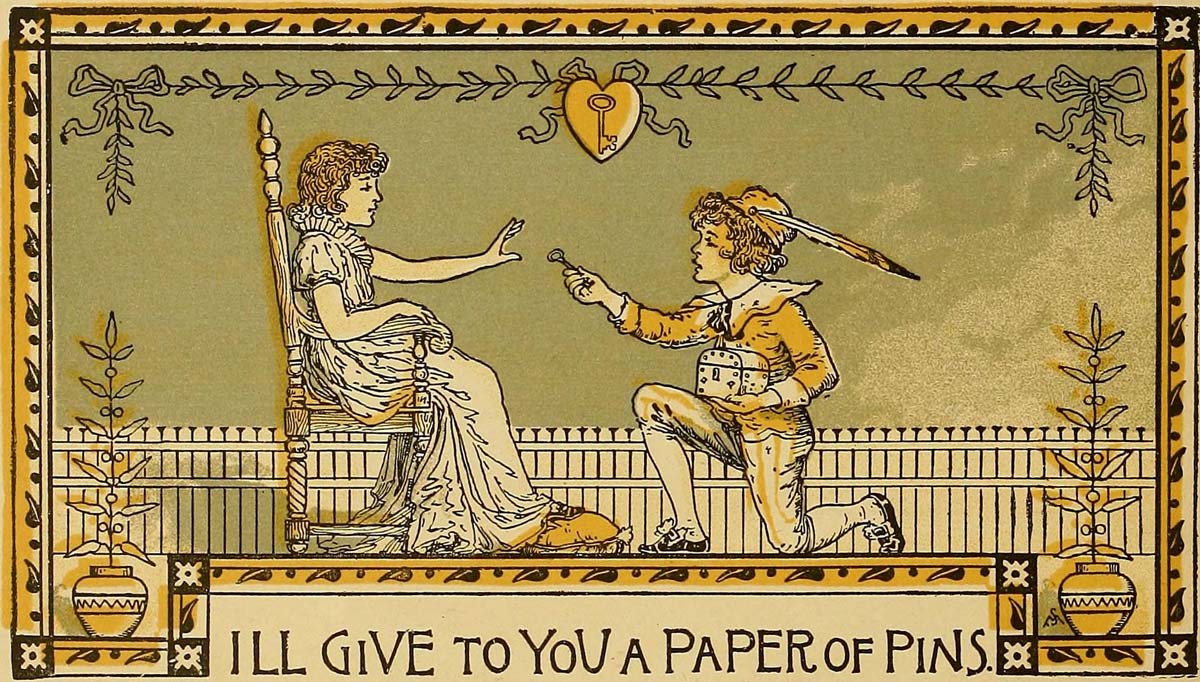 February 2016: Paper of Pins
February 2016: Paper of Pins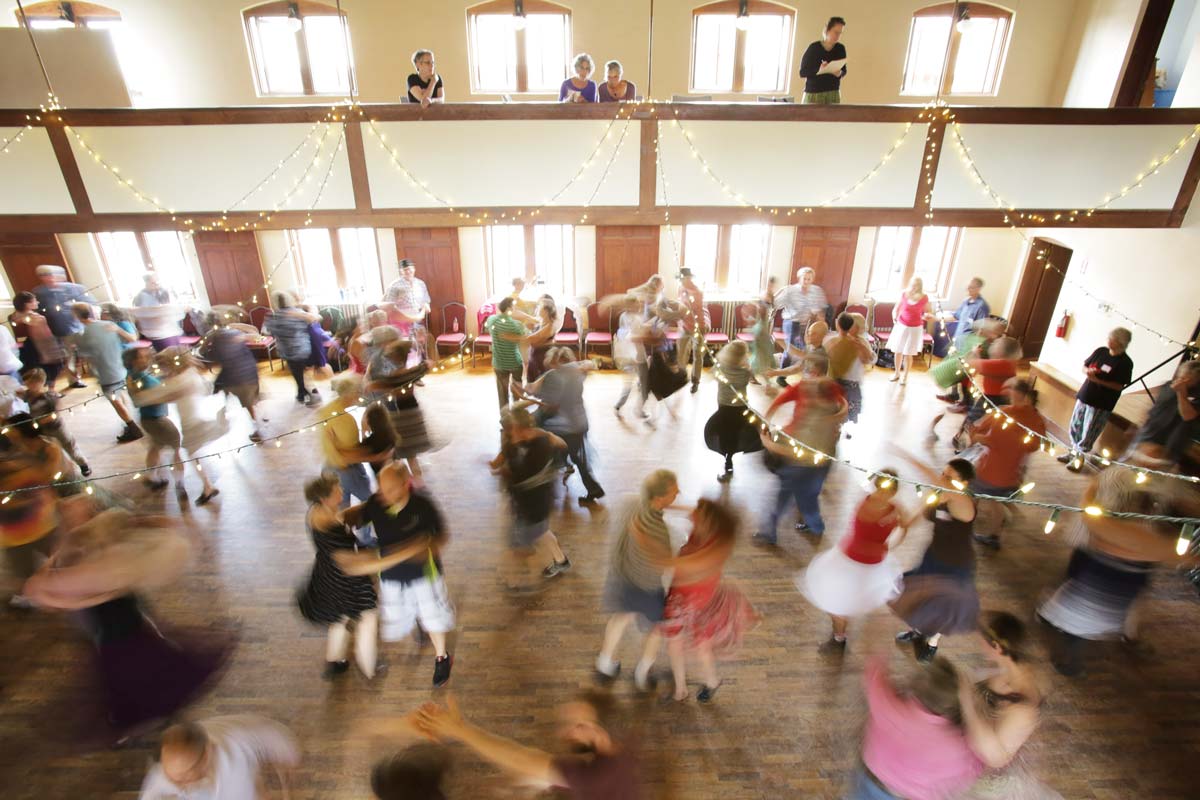 January 2016: May It Fill Your Soul
January 2016: May It Fill Your Soul


 Thanks to the Massachusetts Cultural Council for their generous support.
Thanks to the Massachusetts Cultural Council for their generous support.